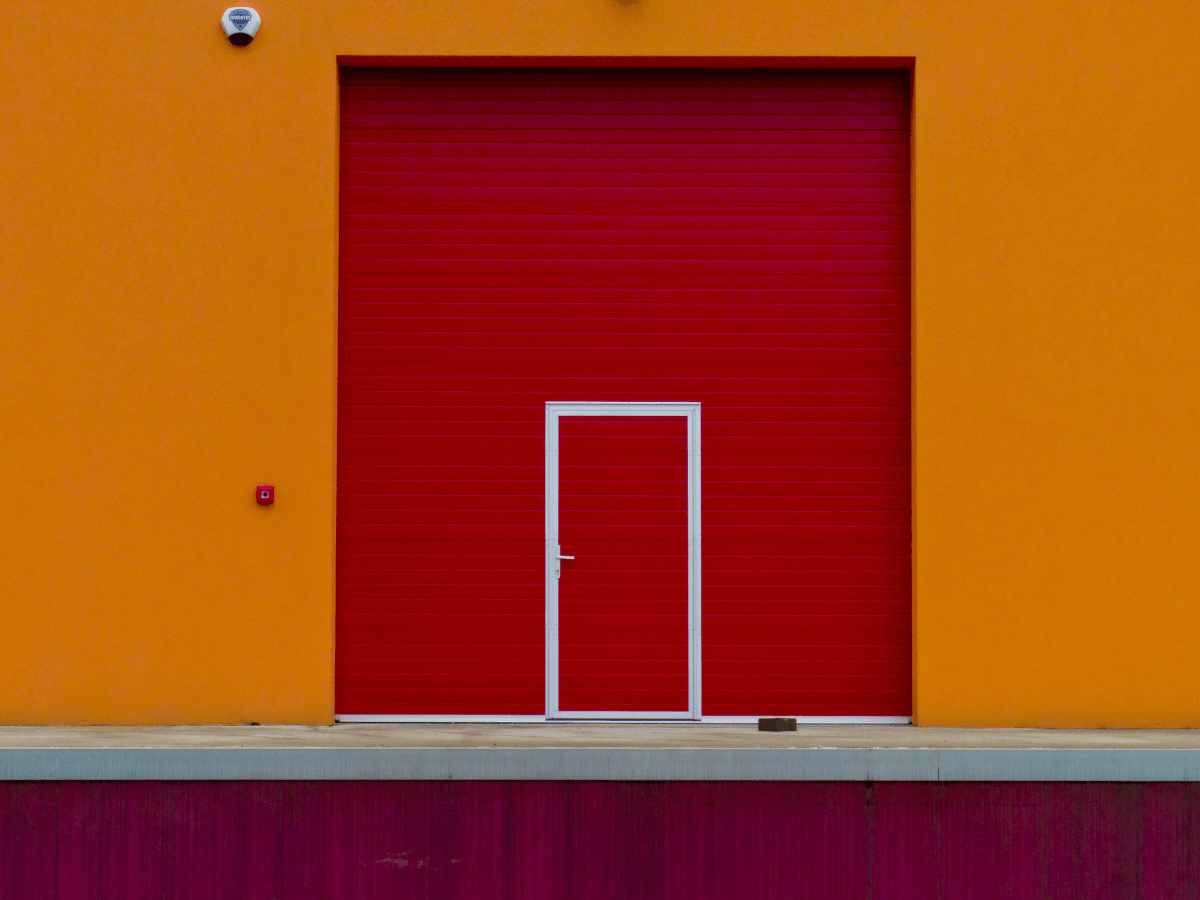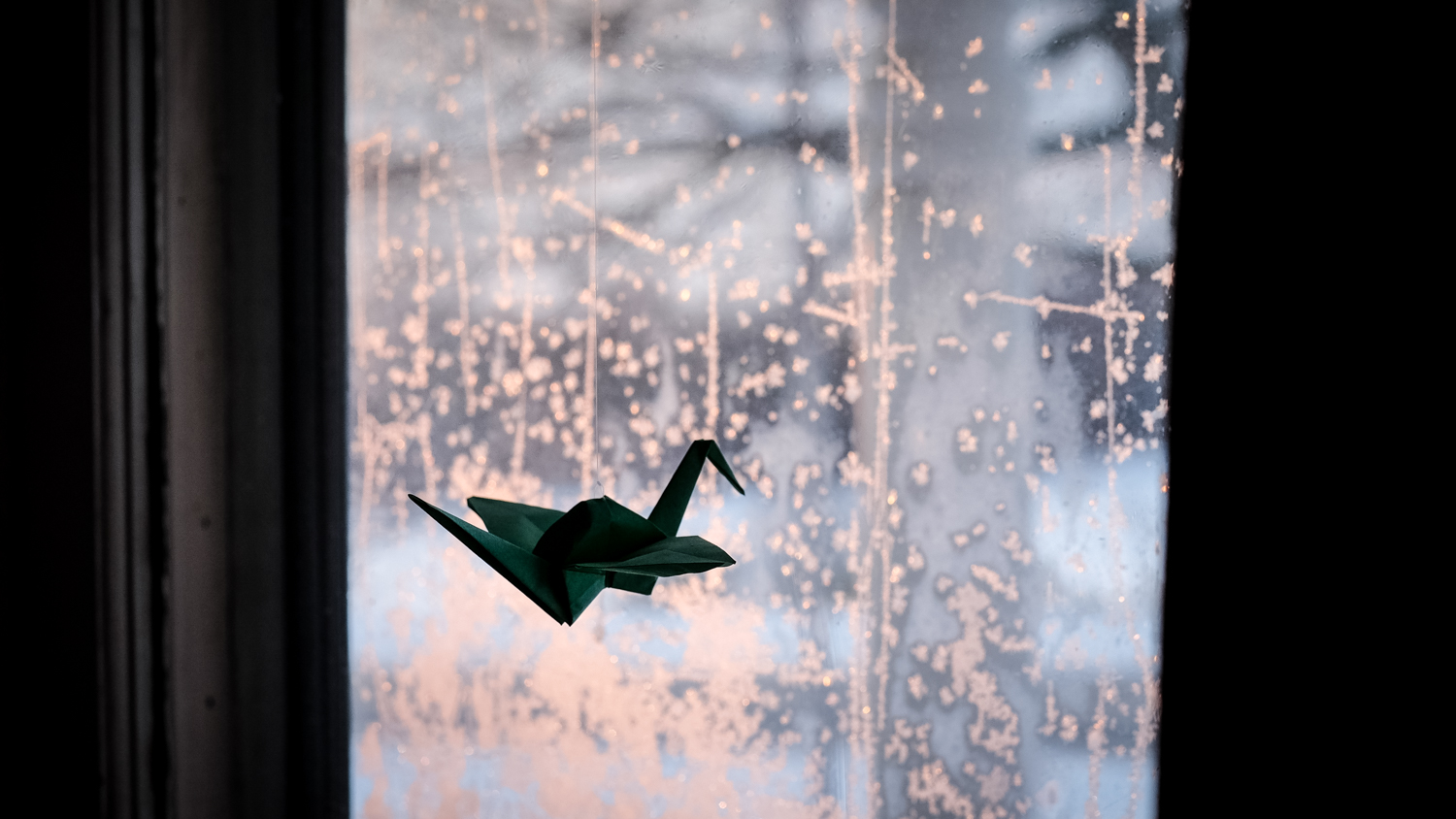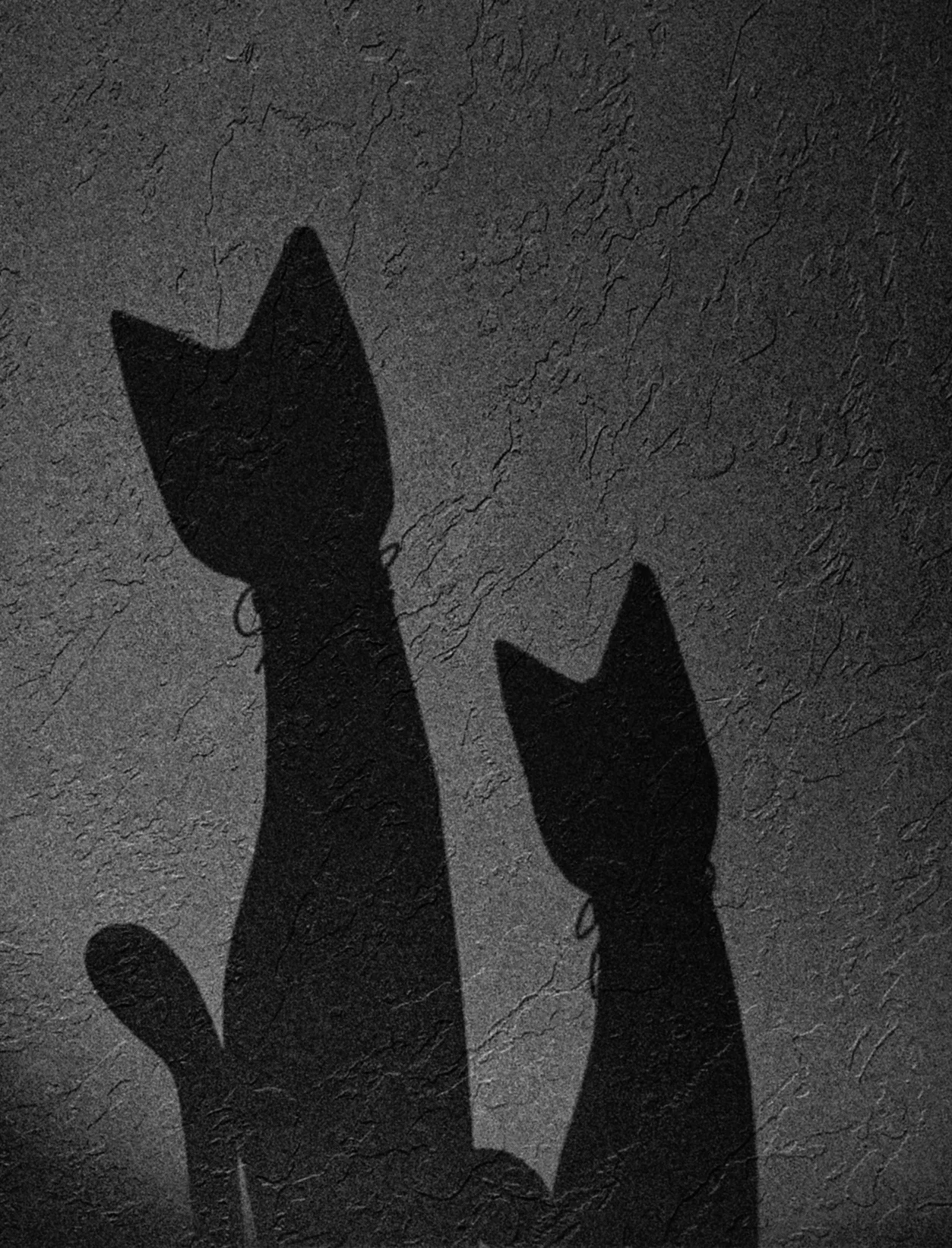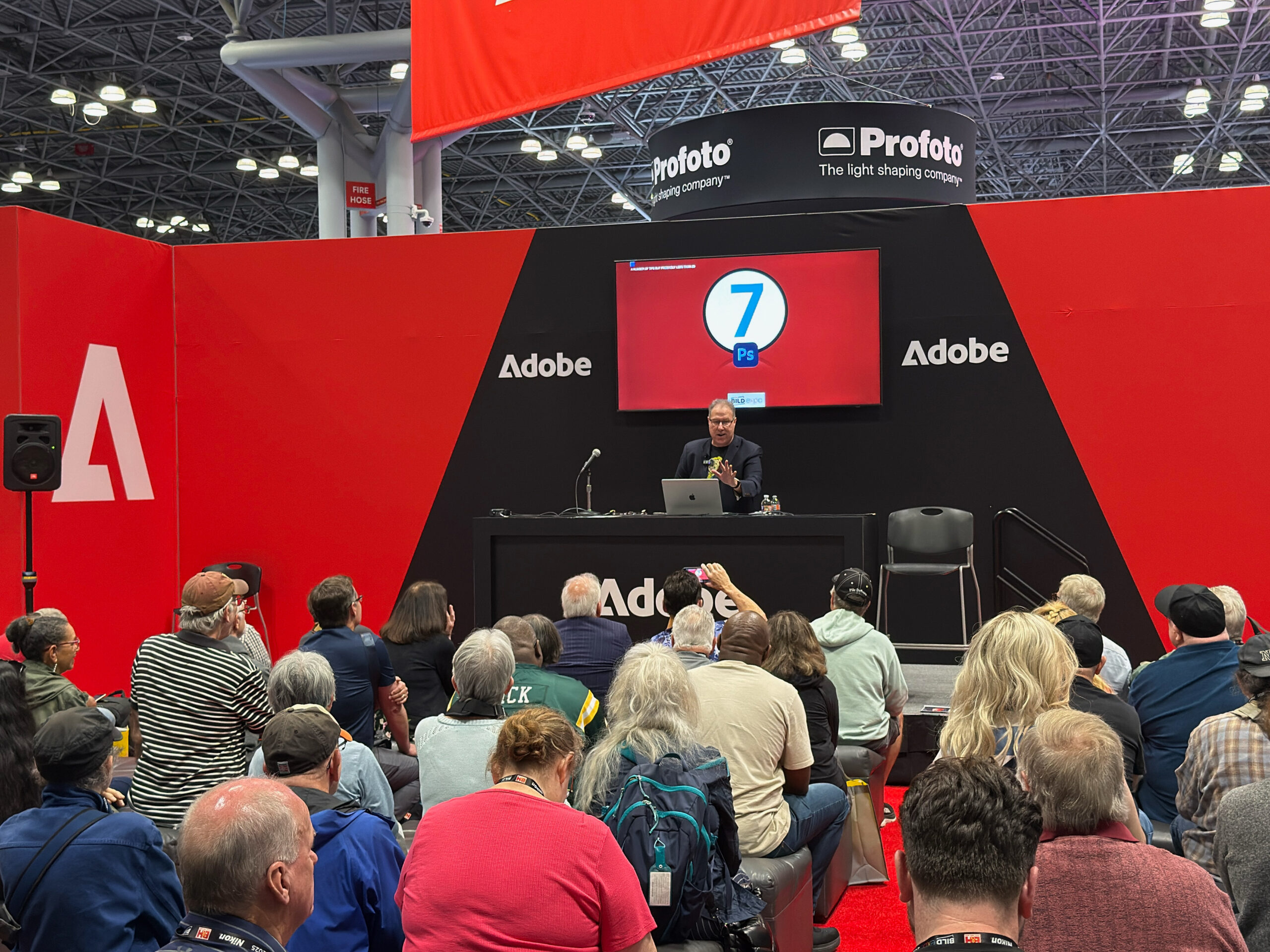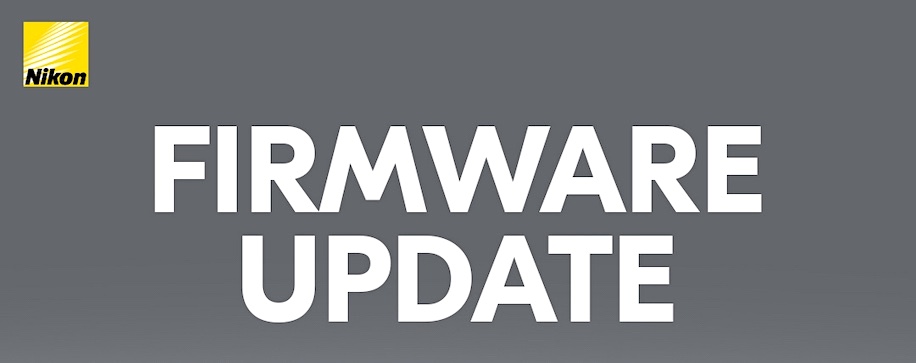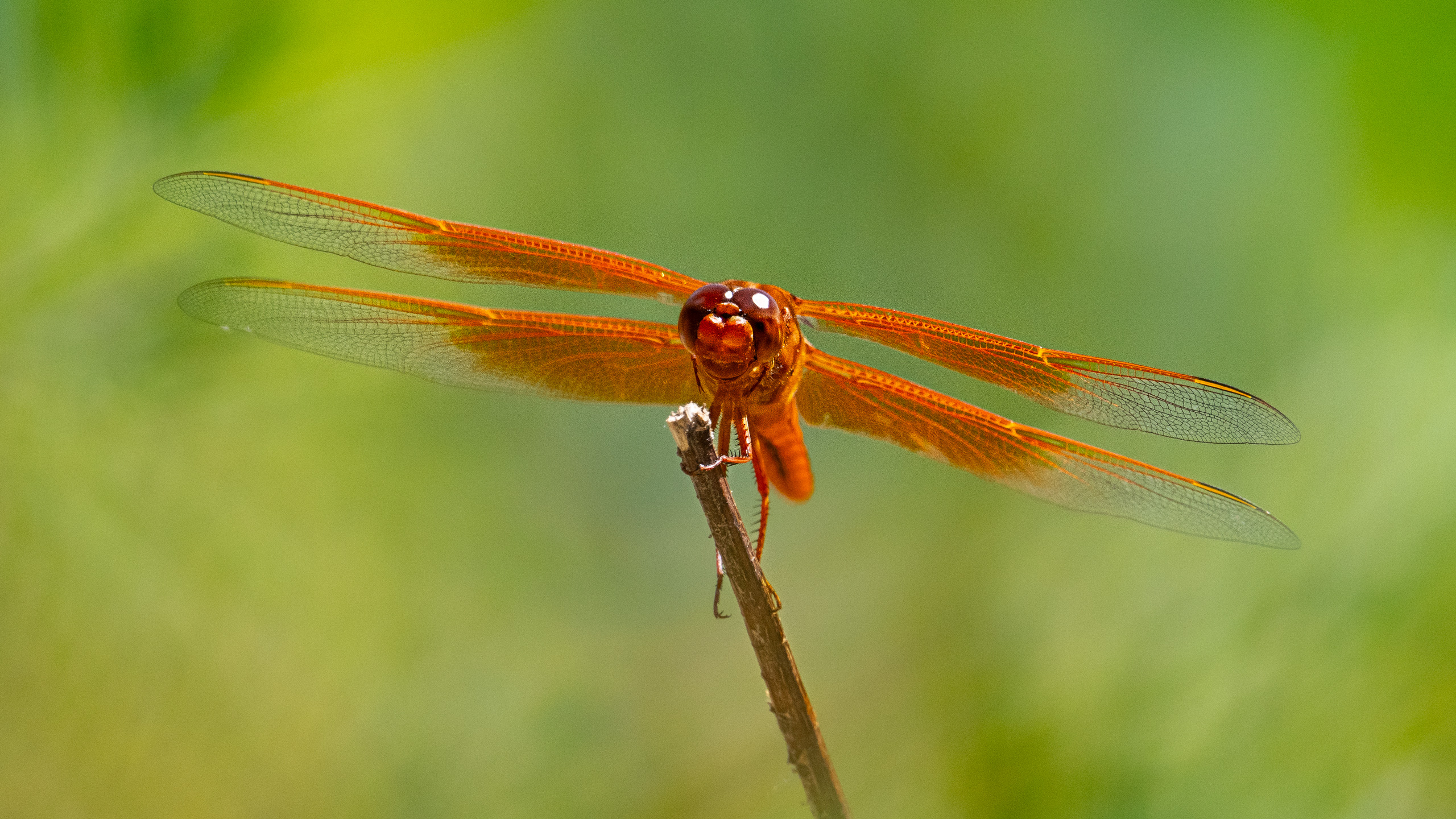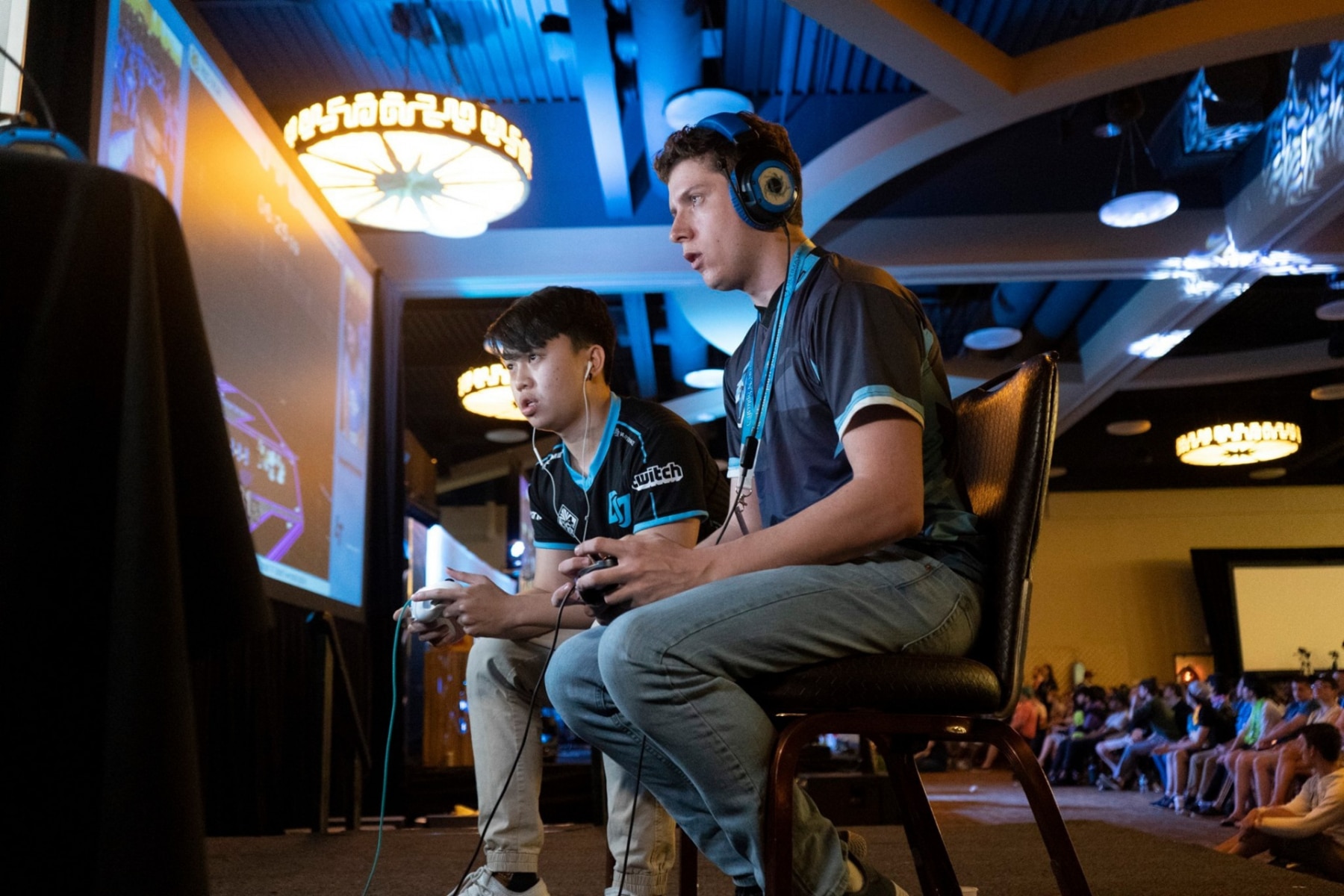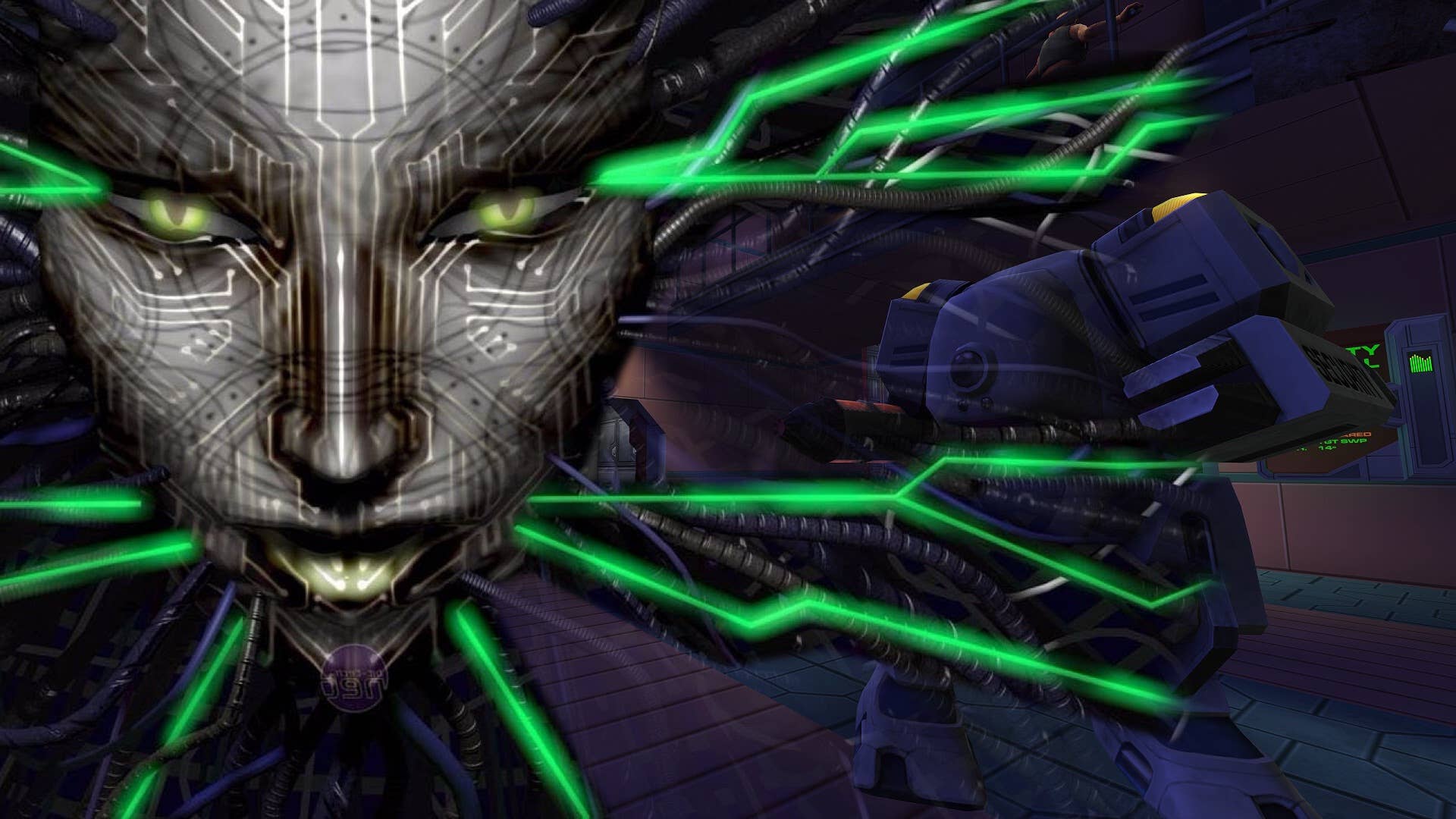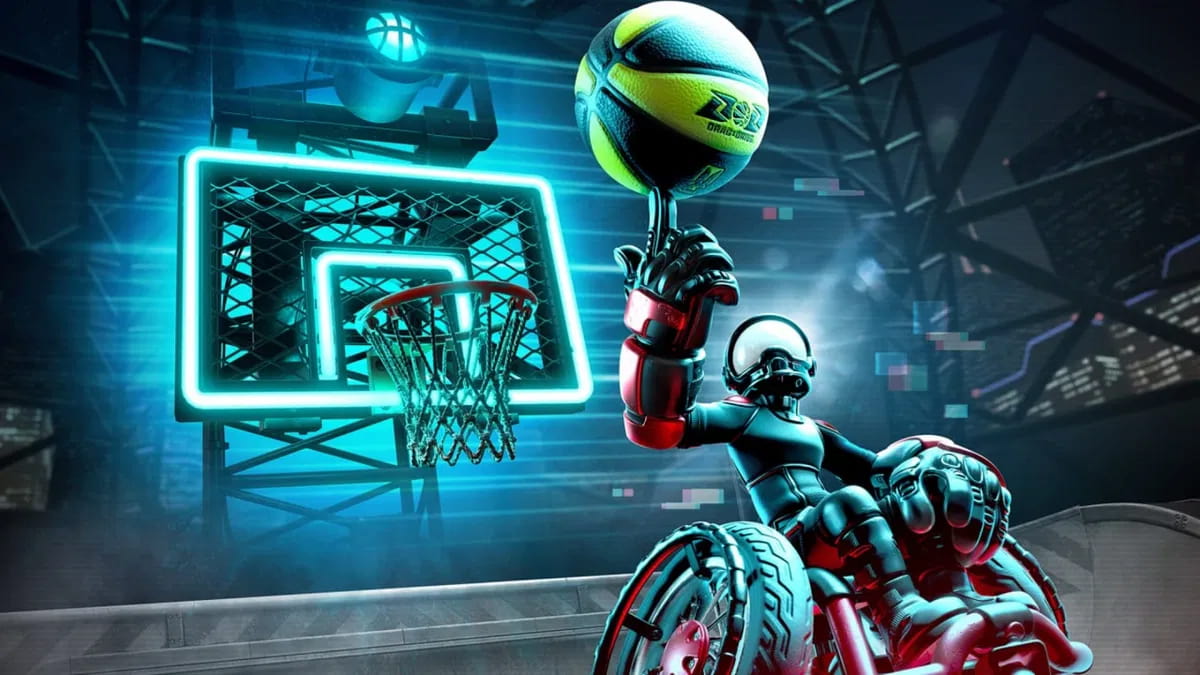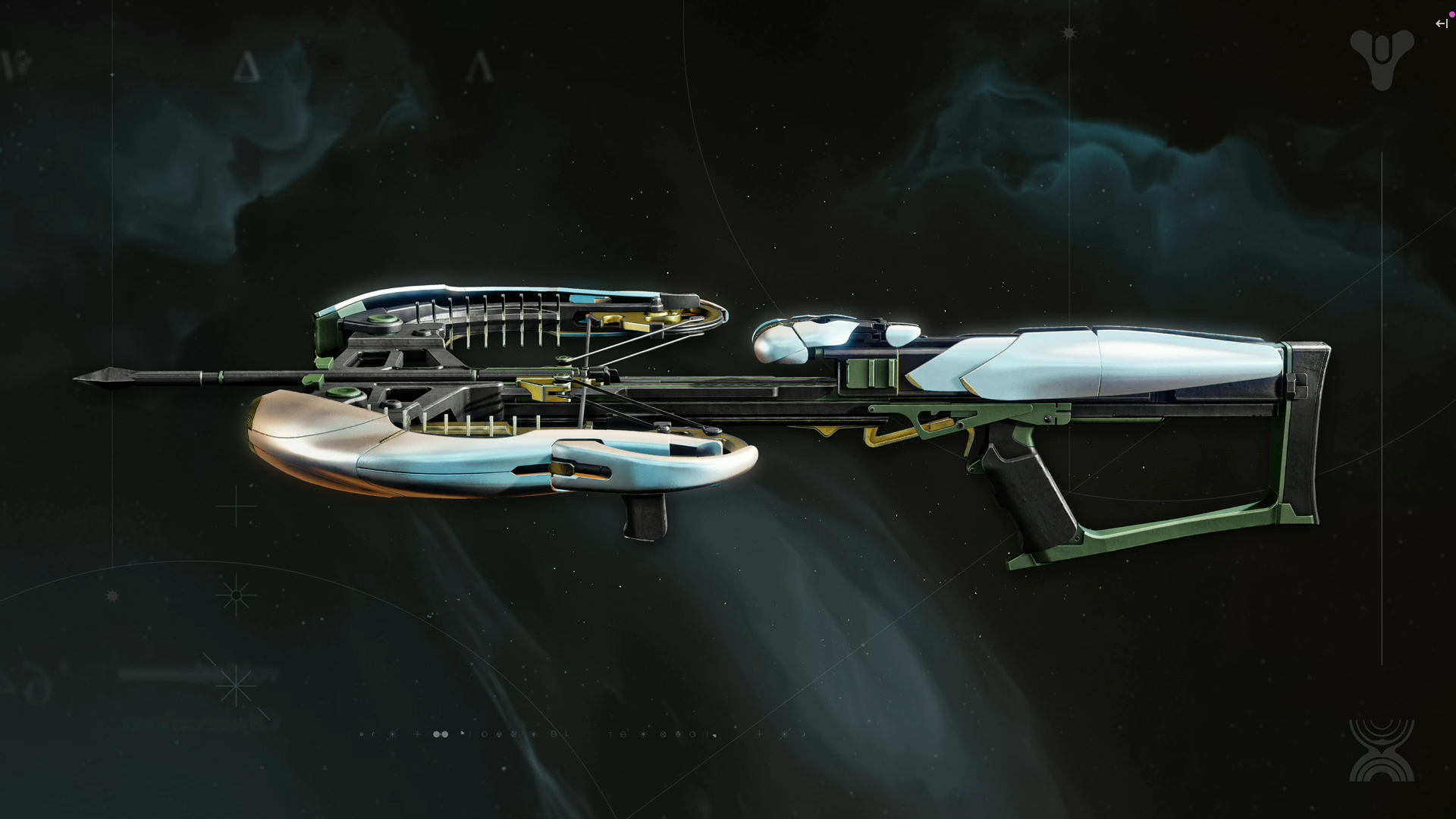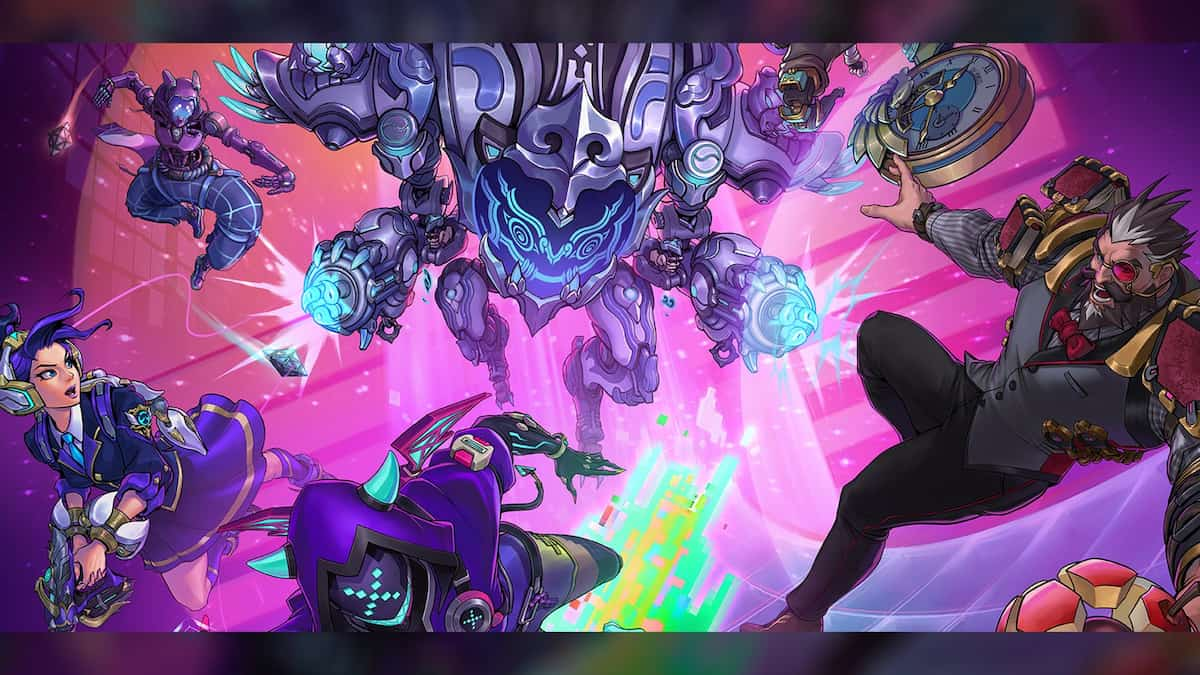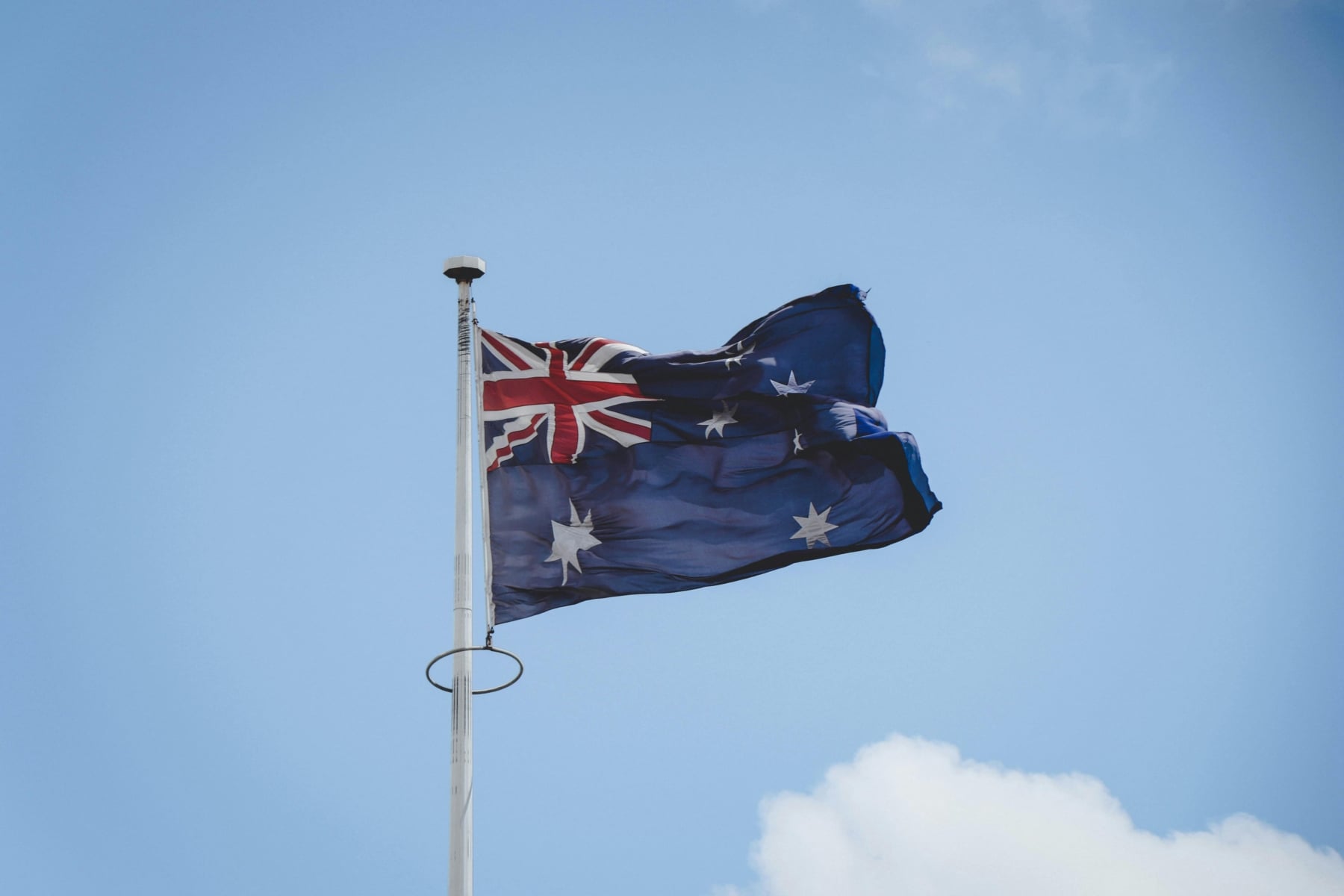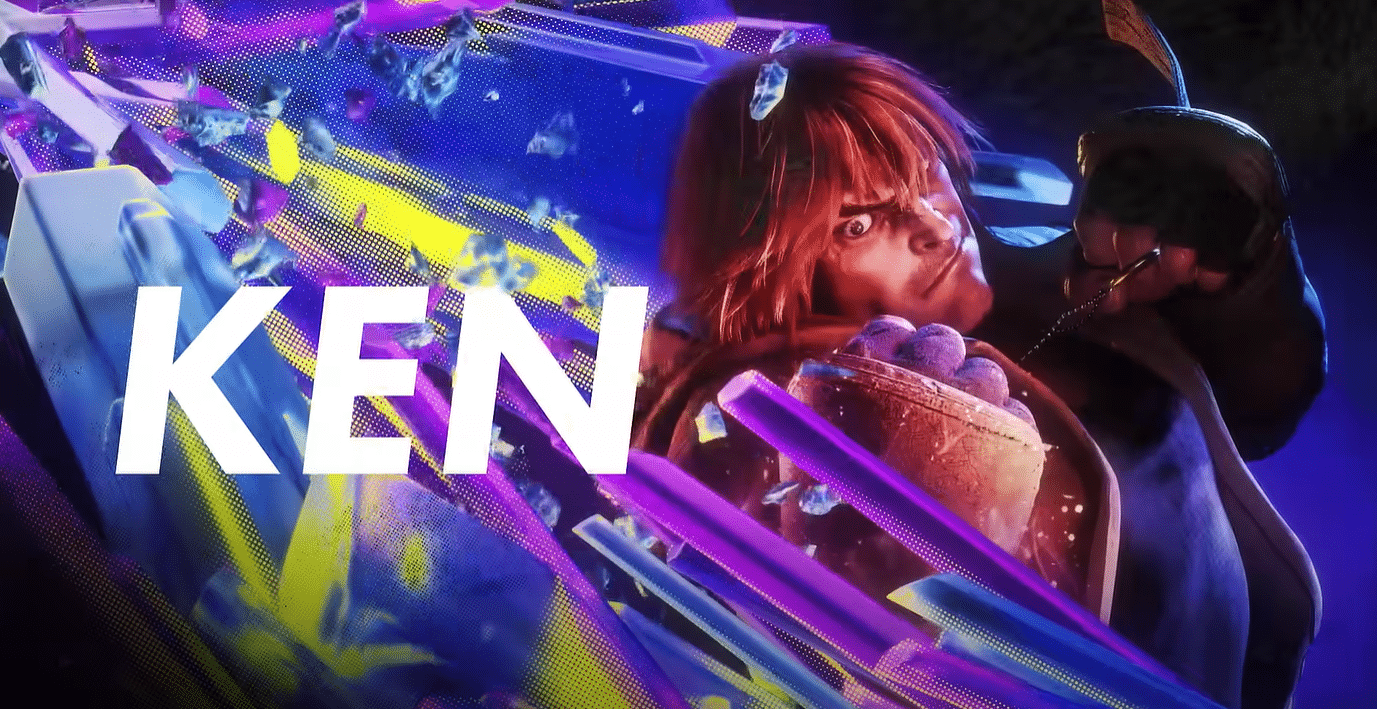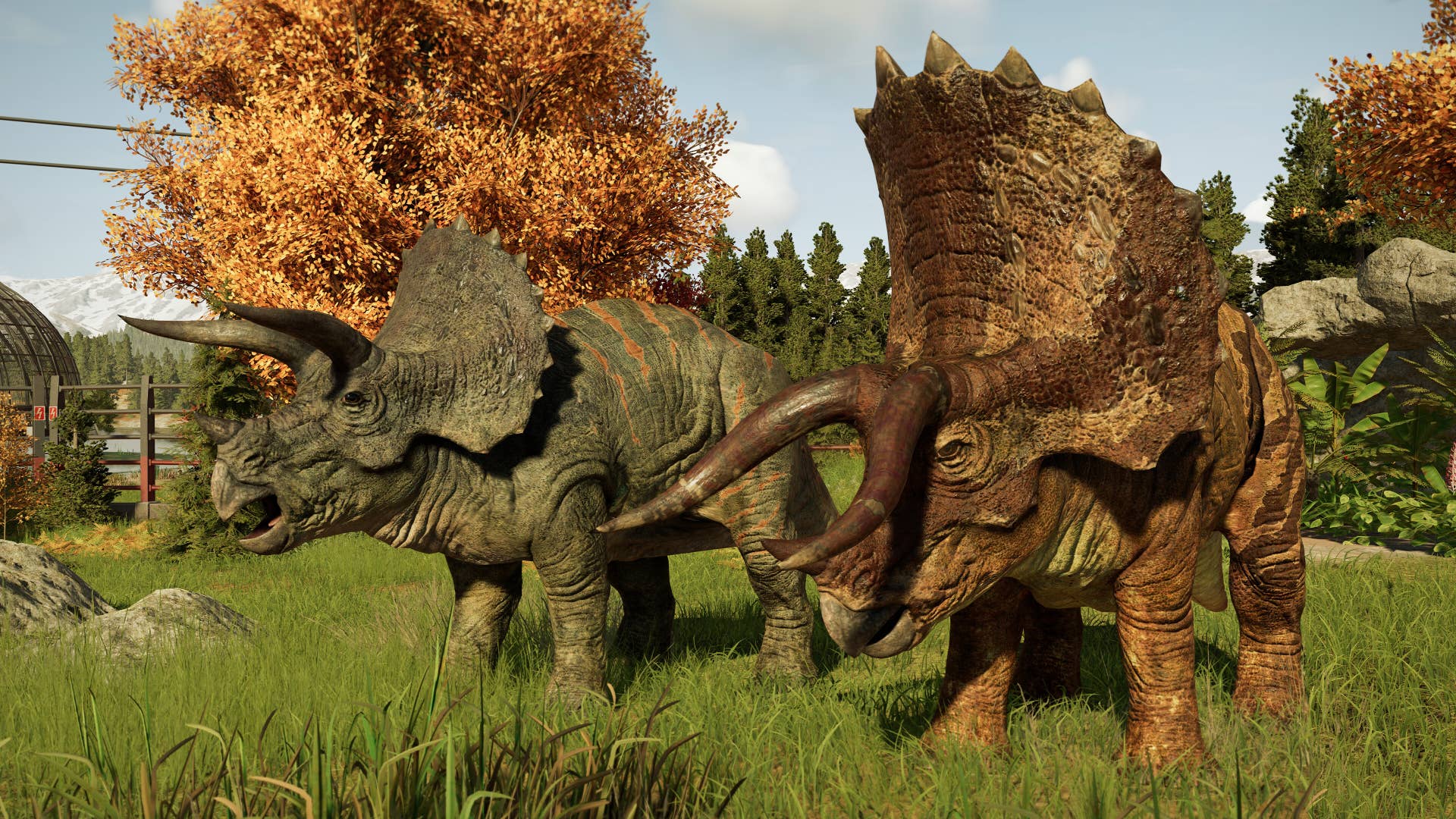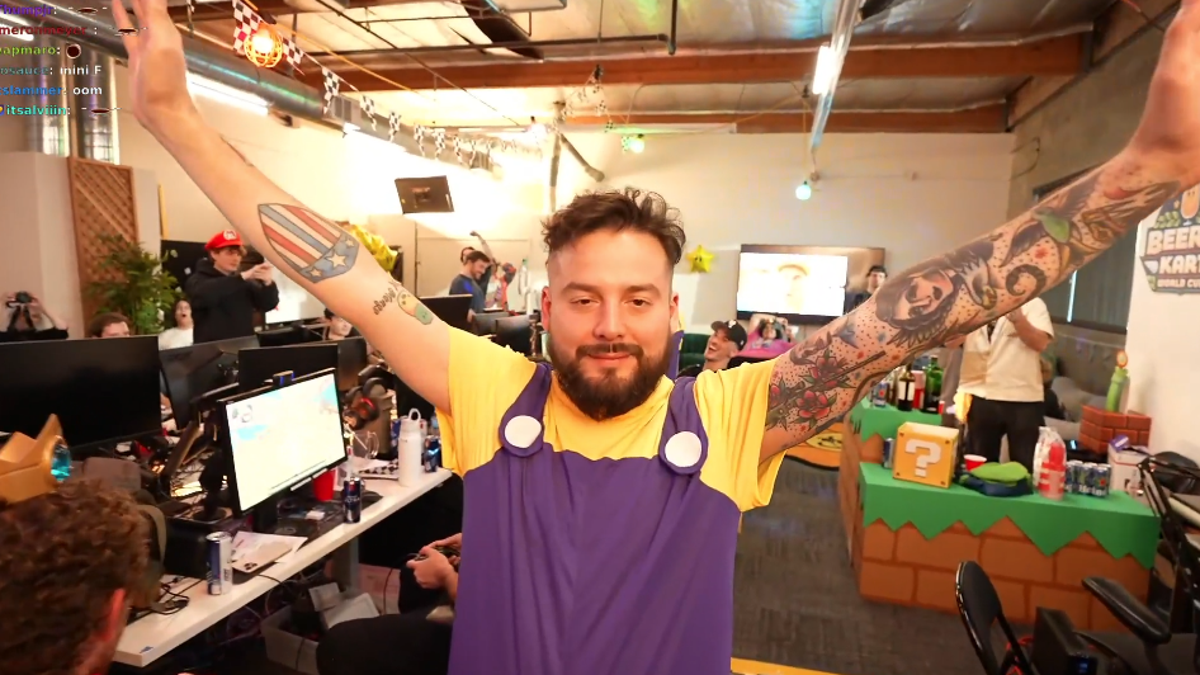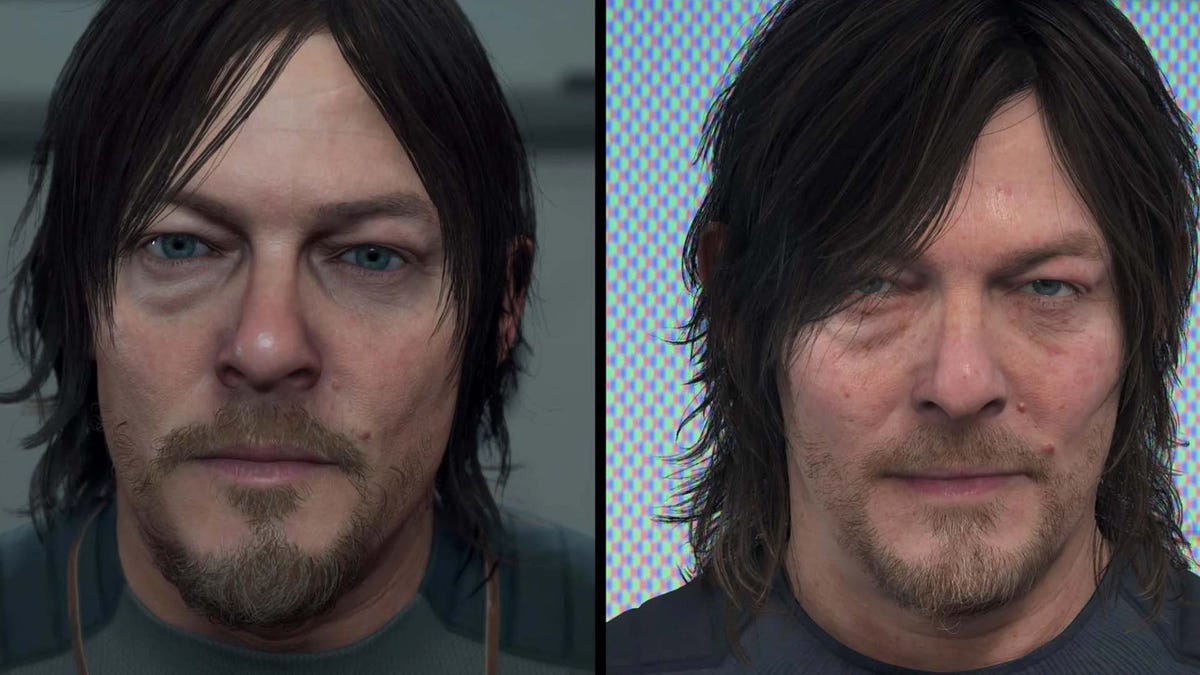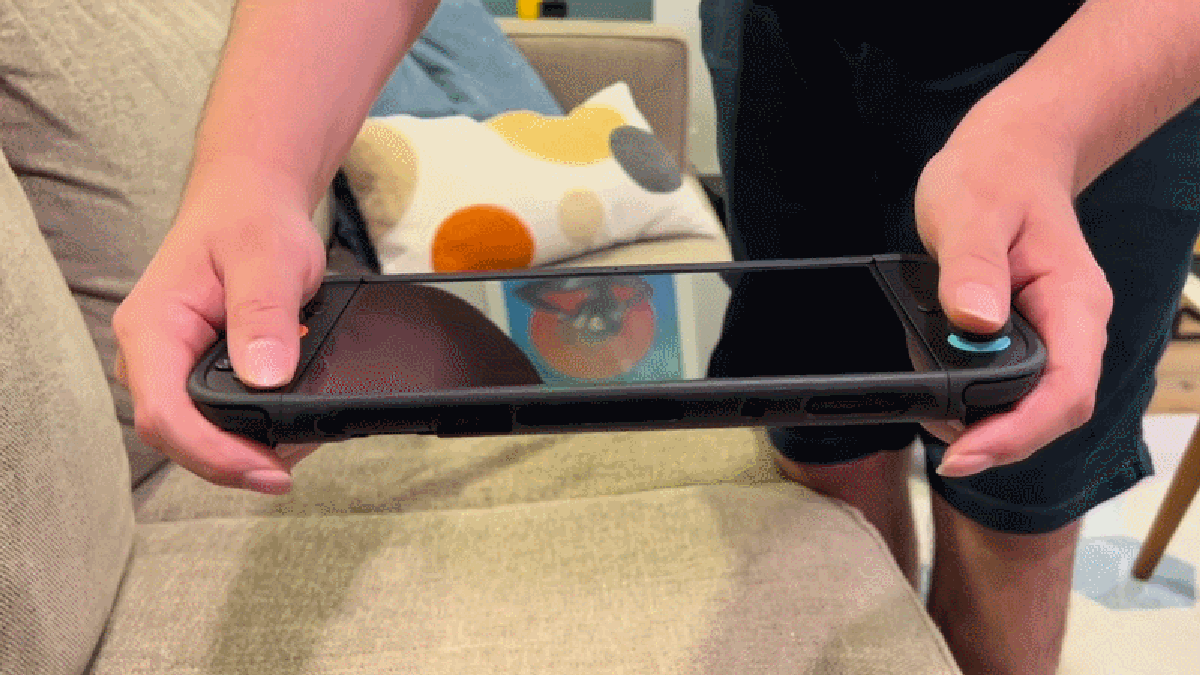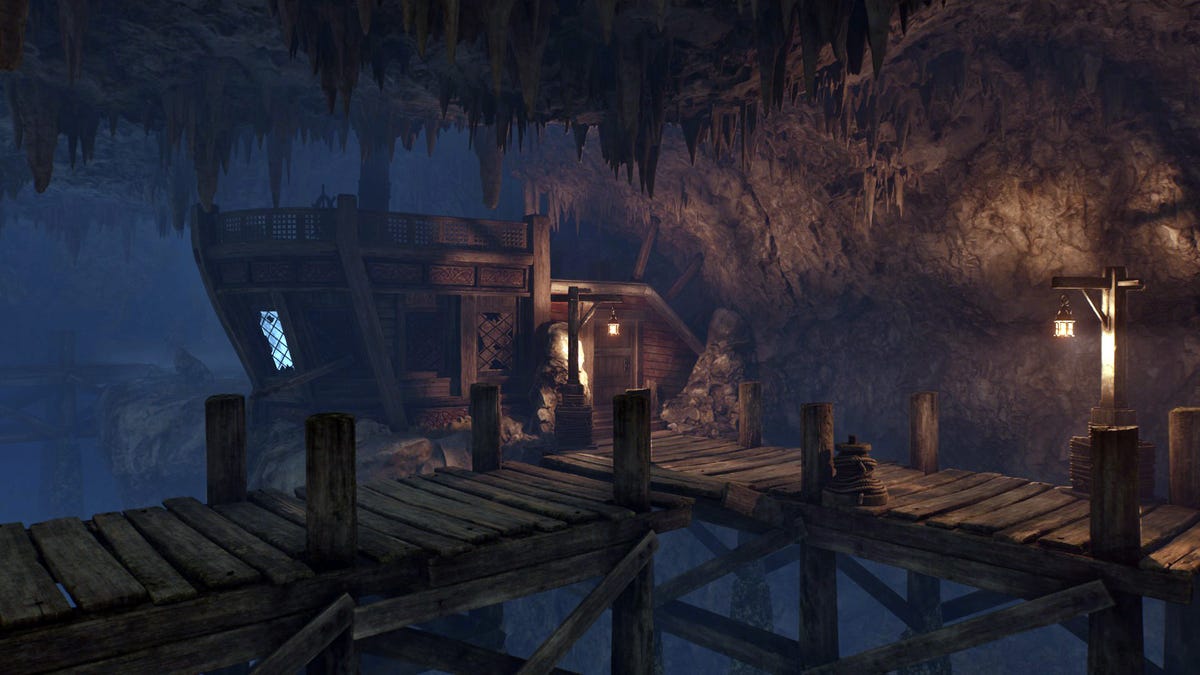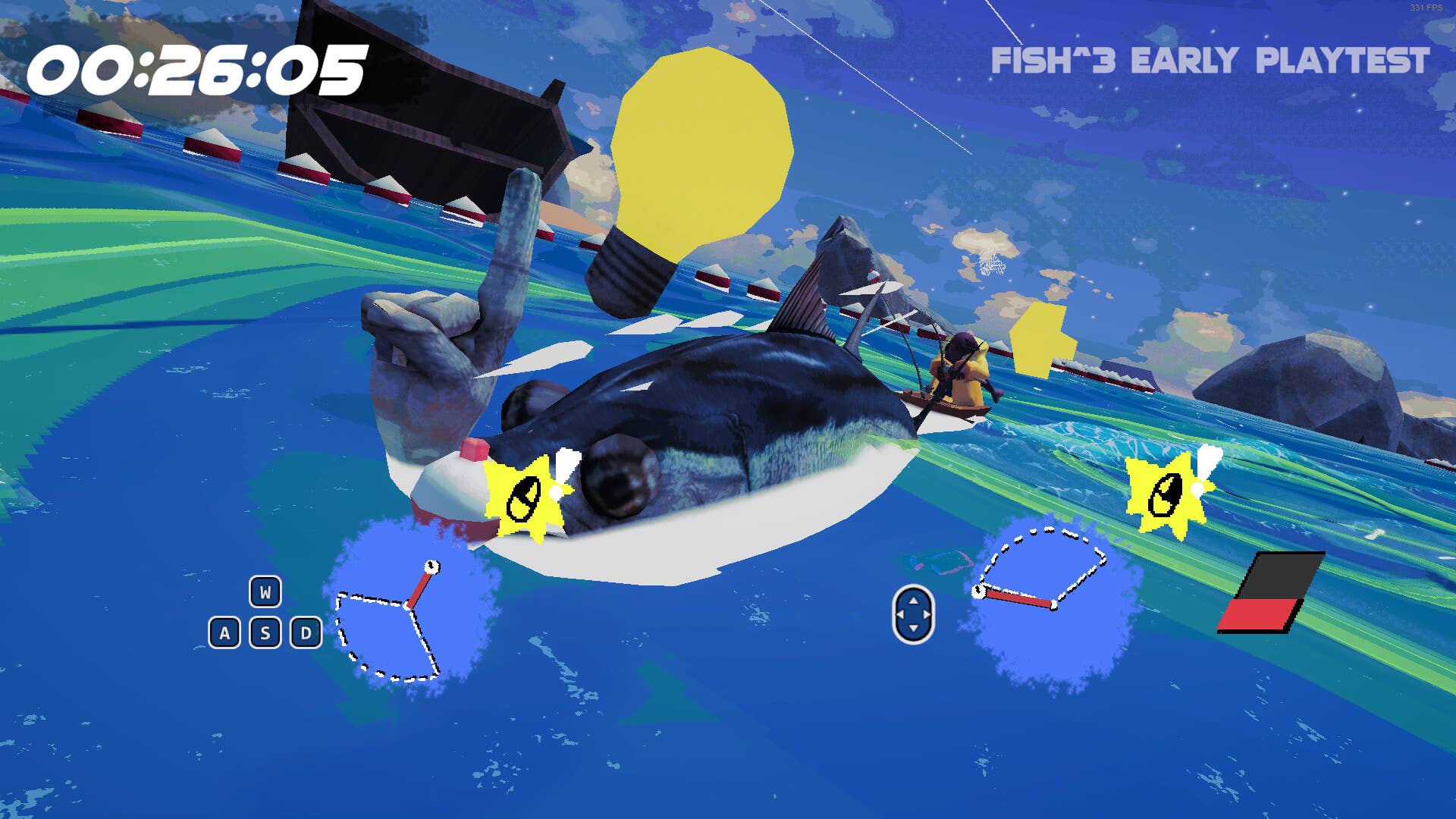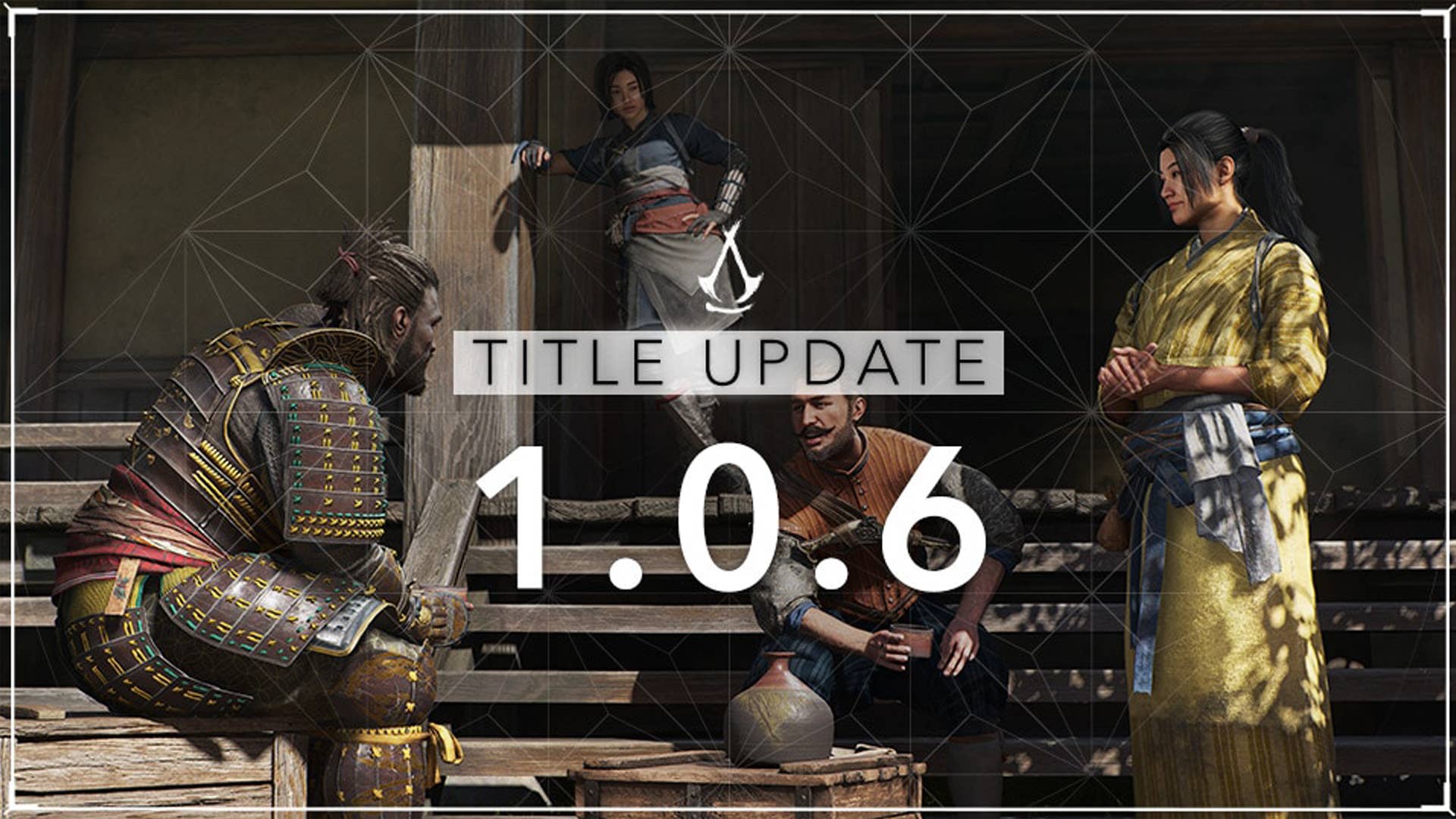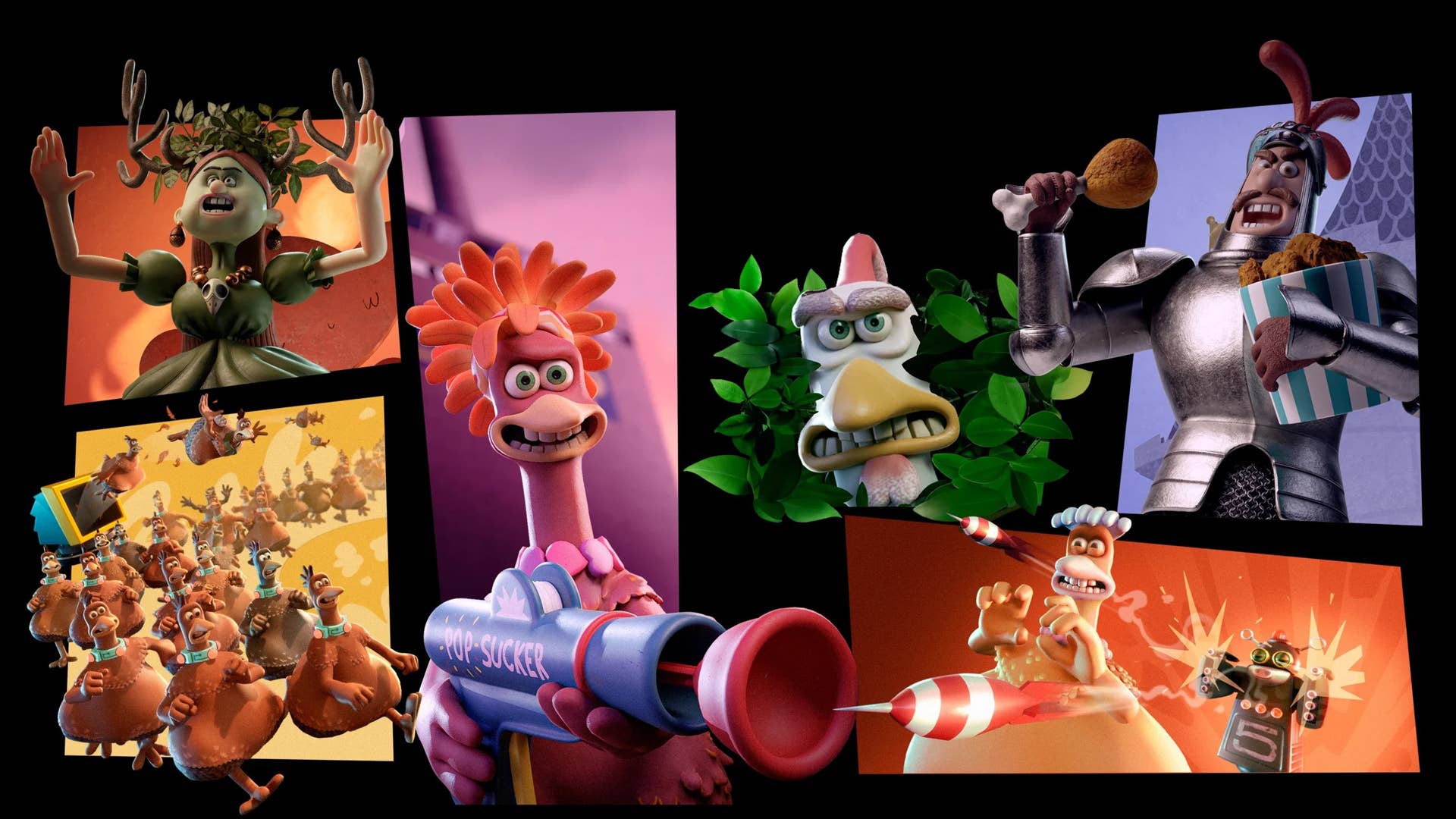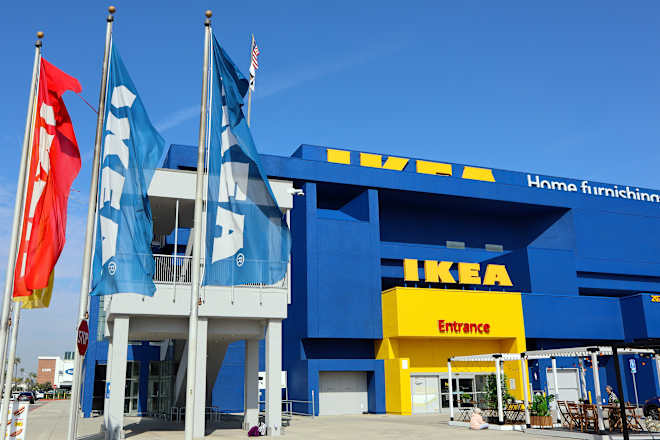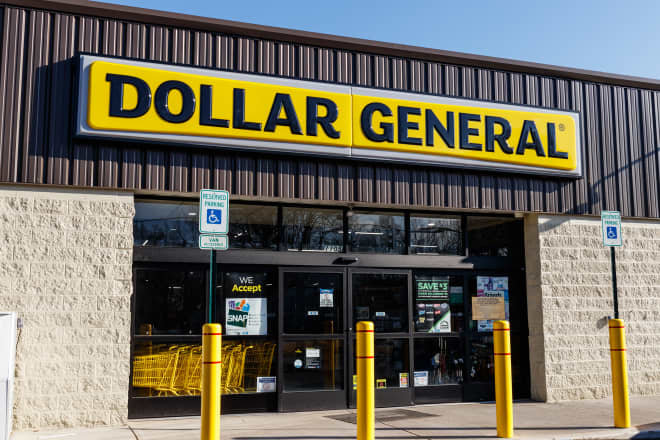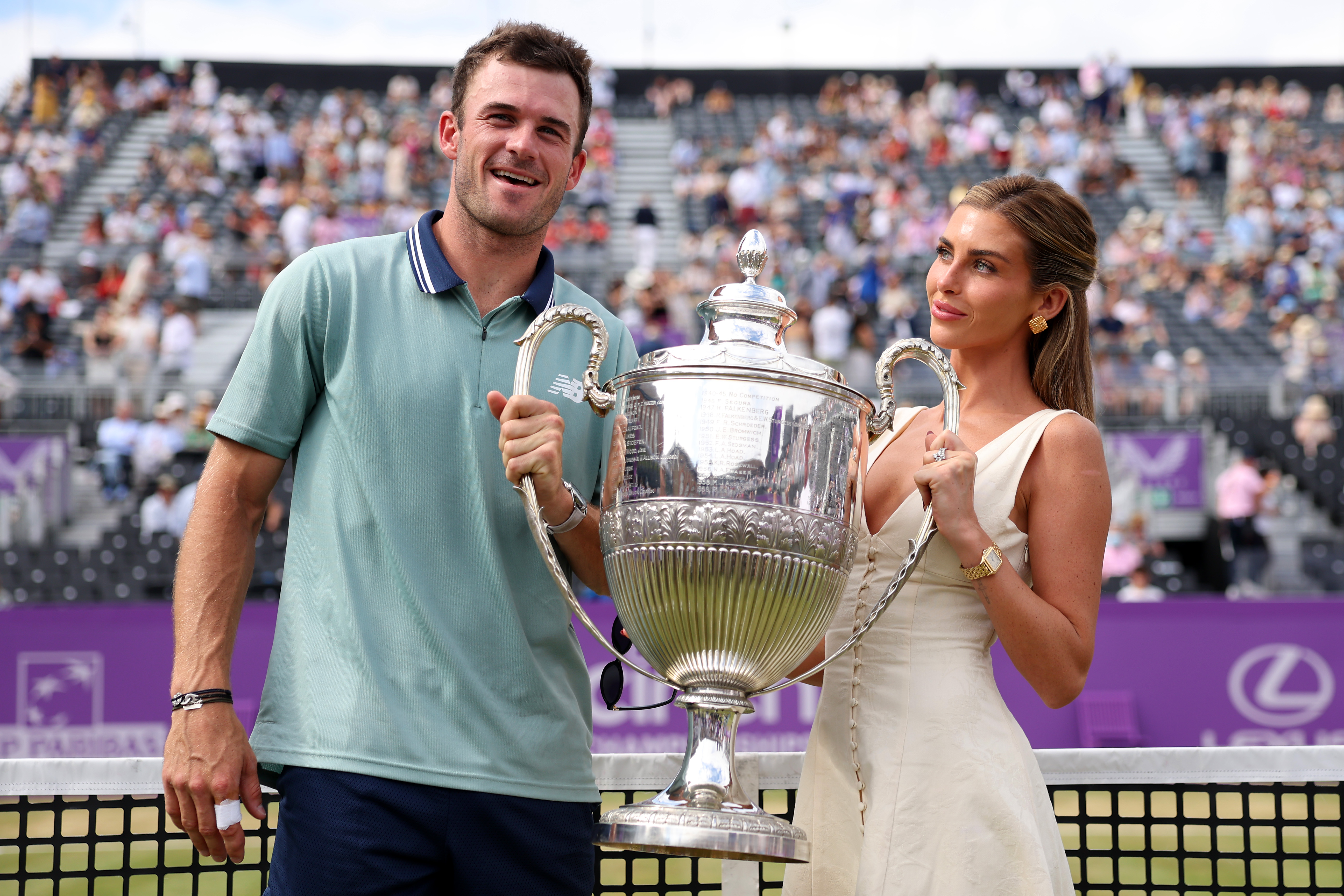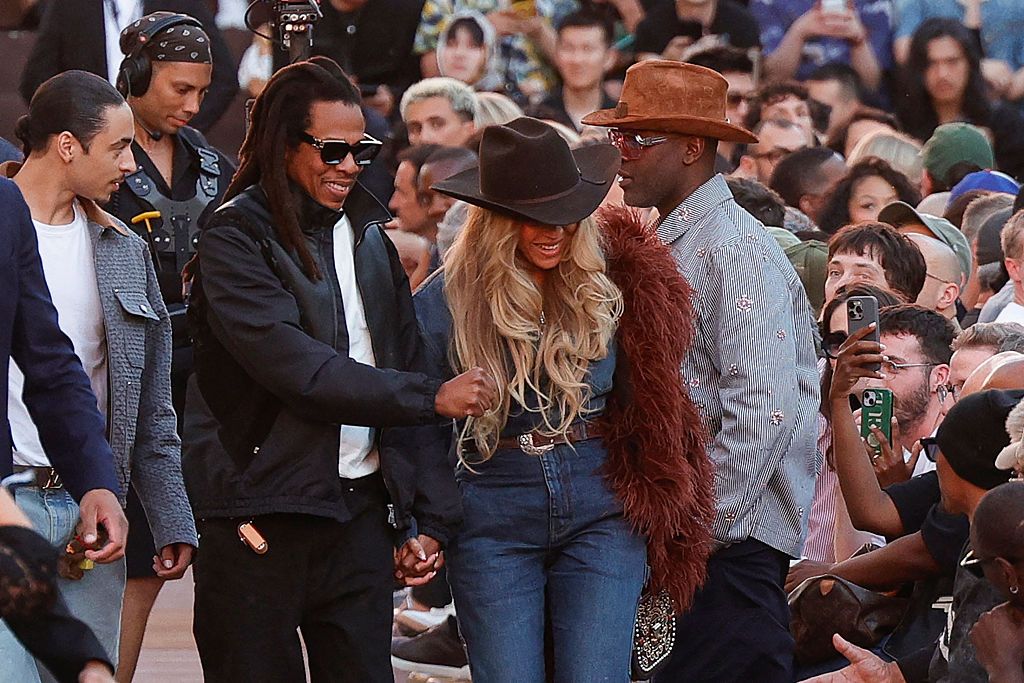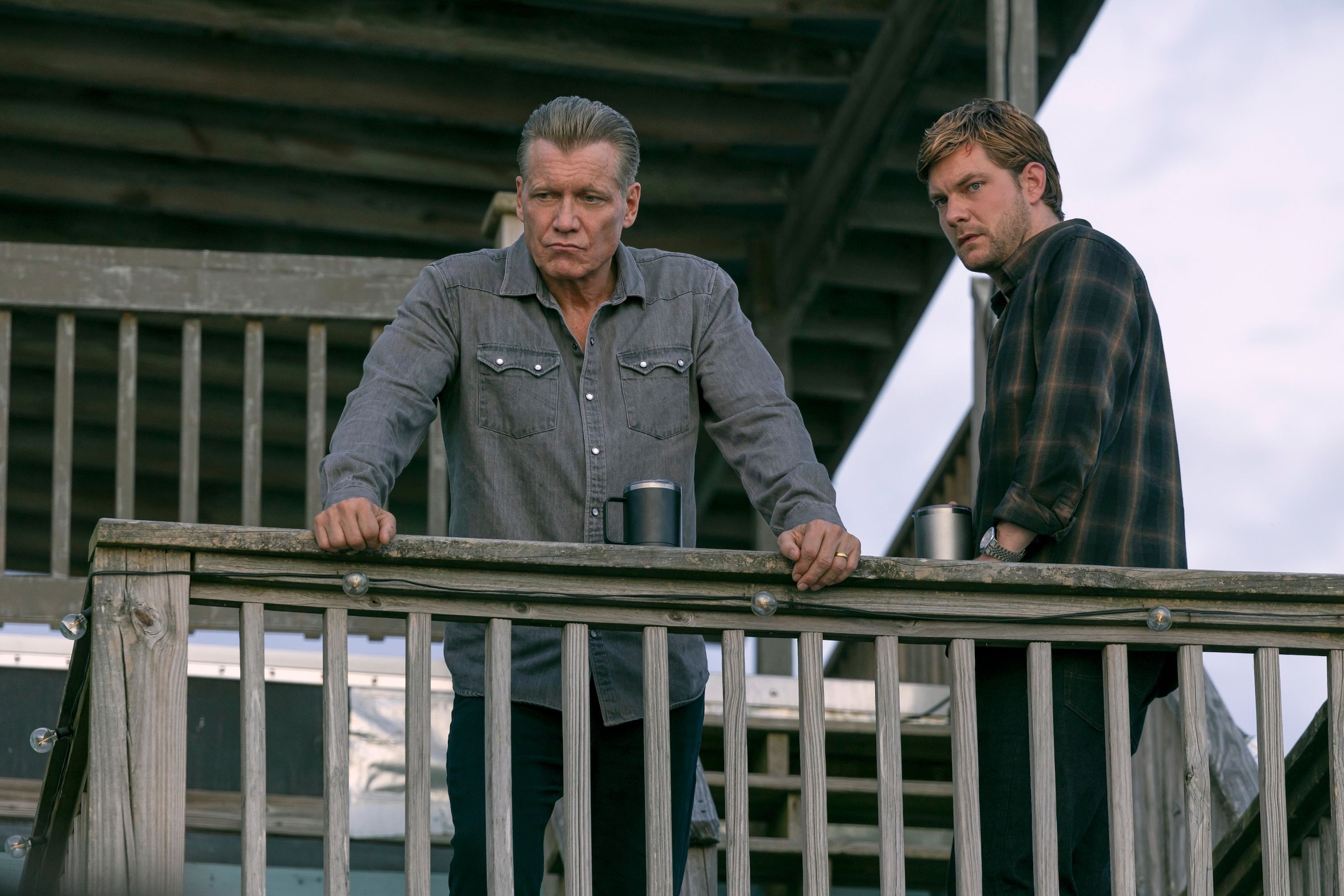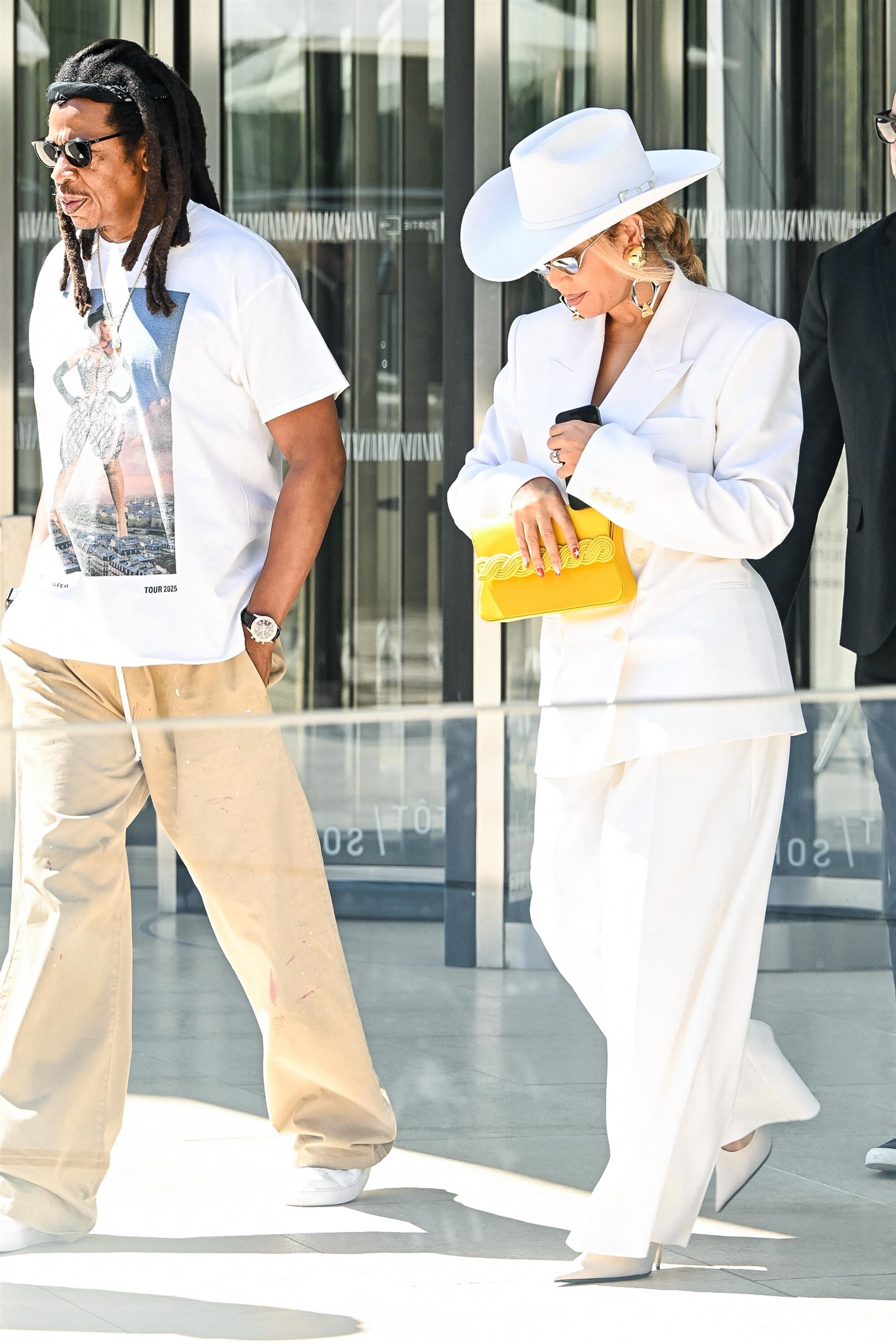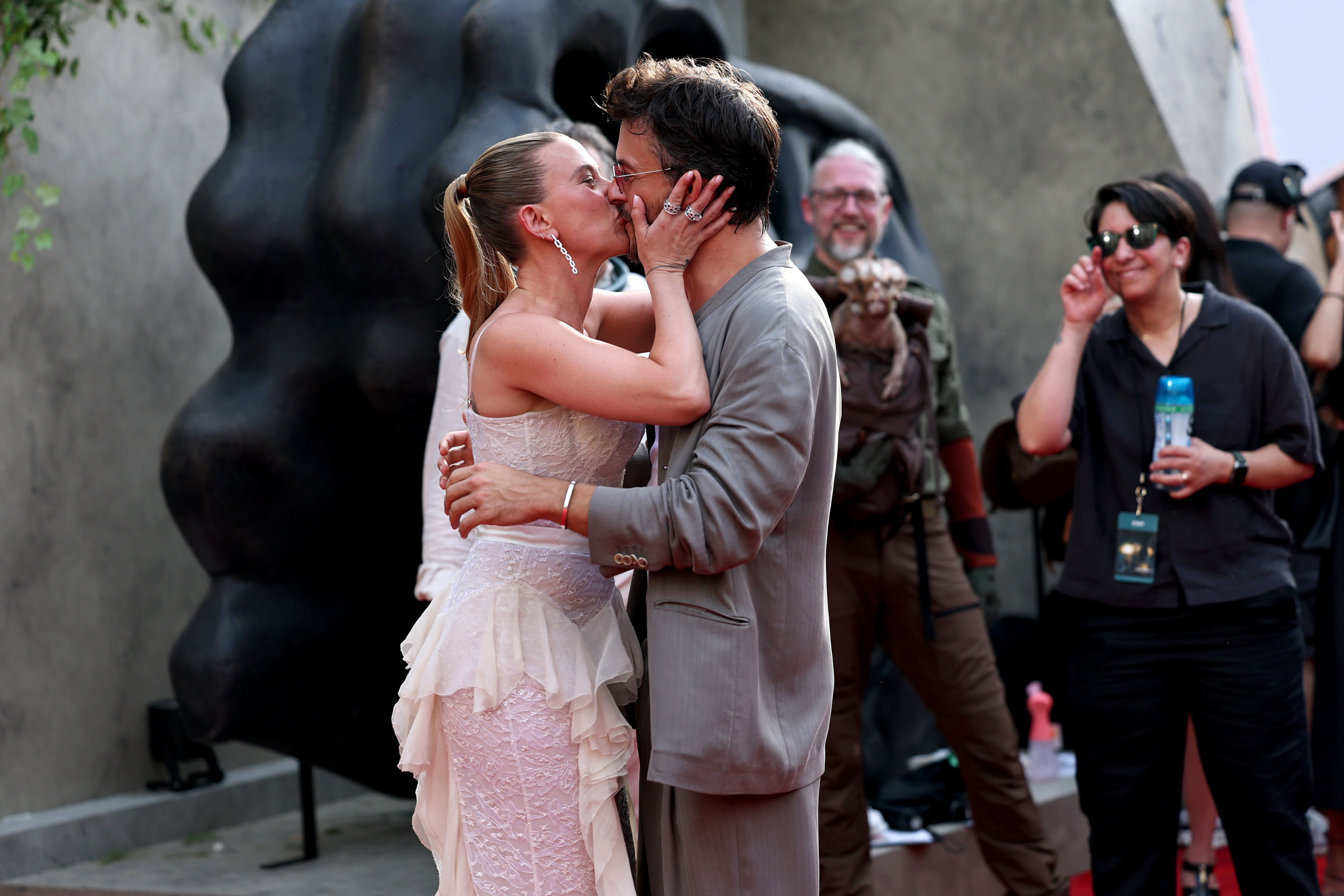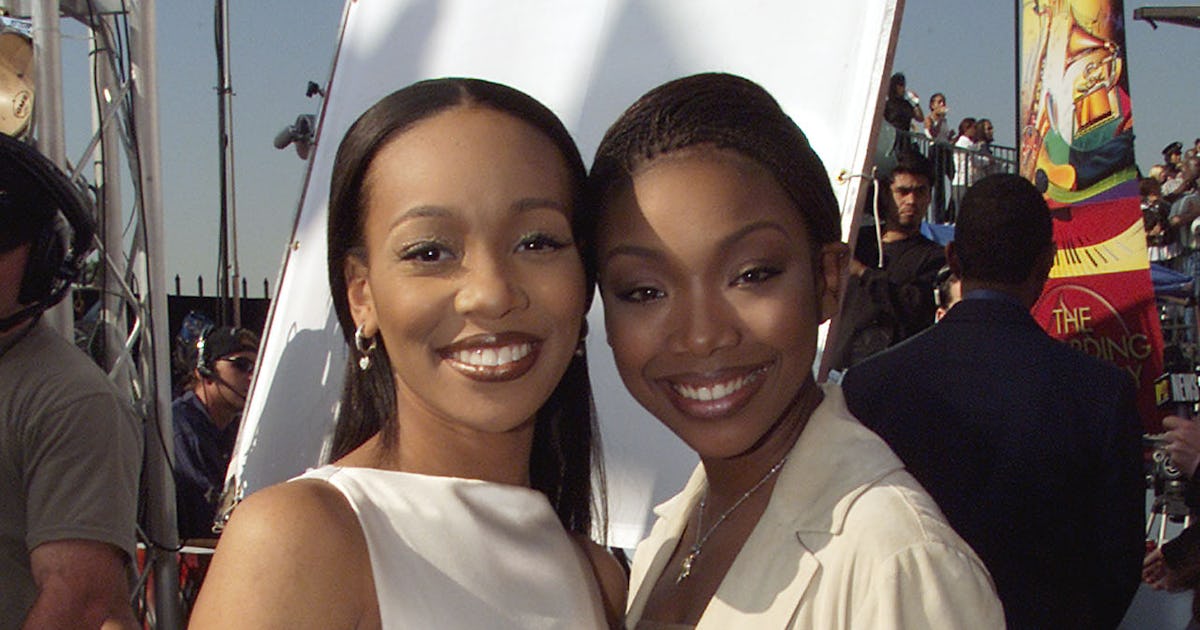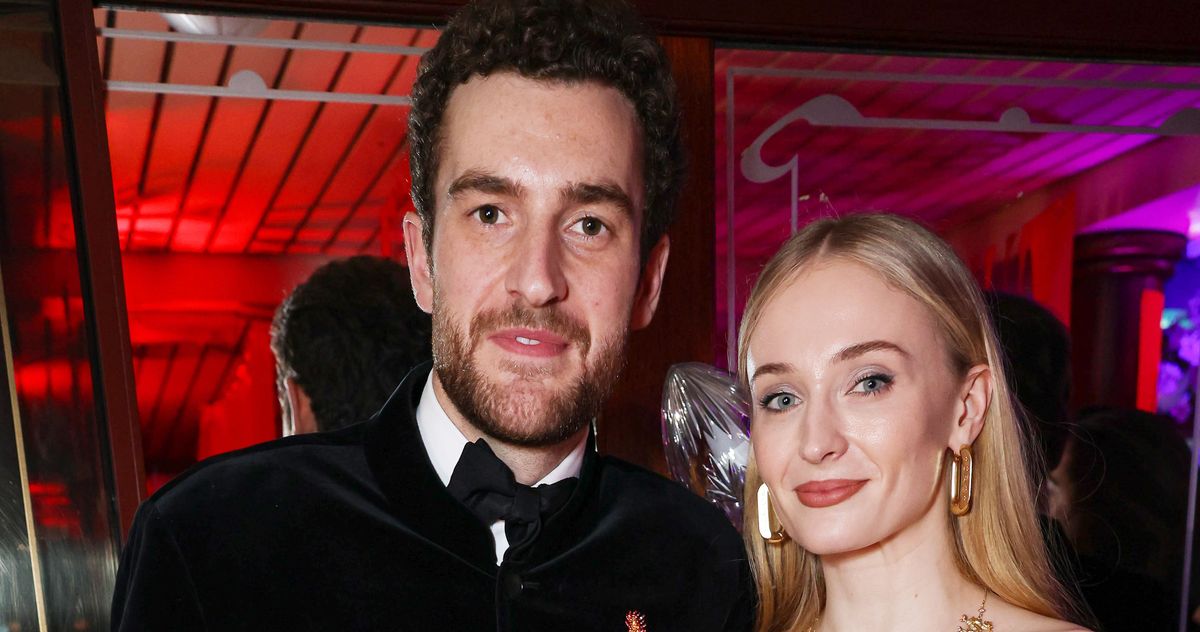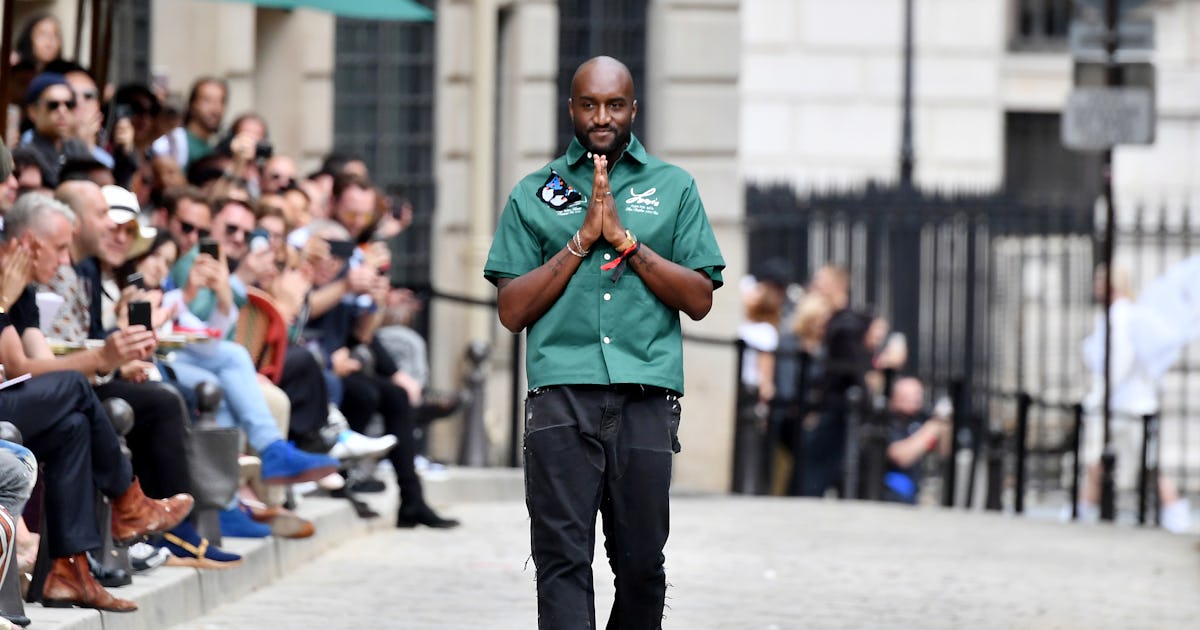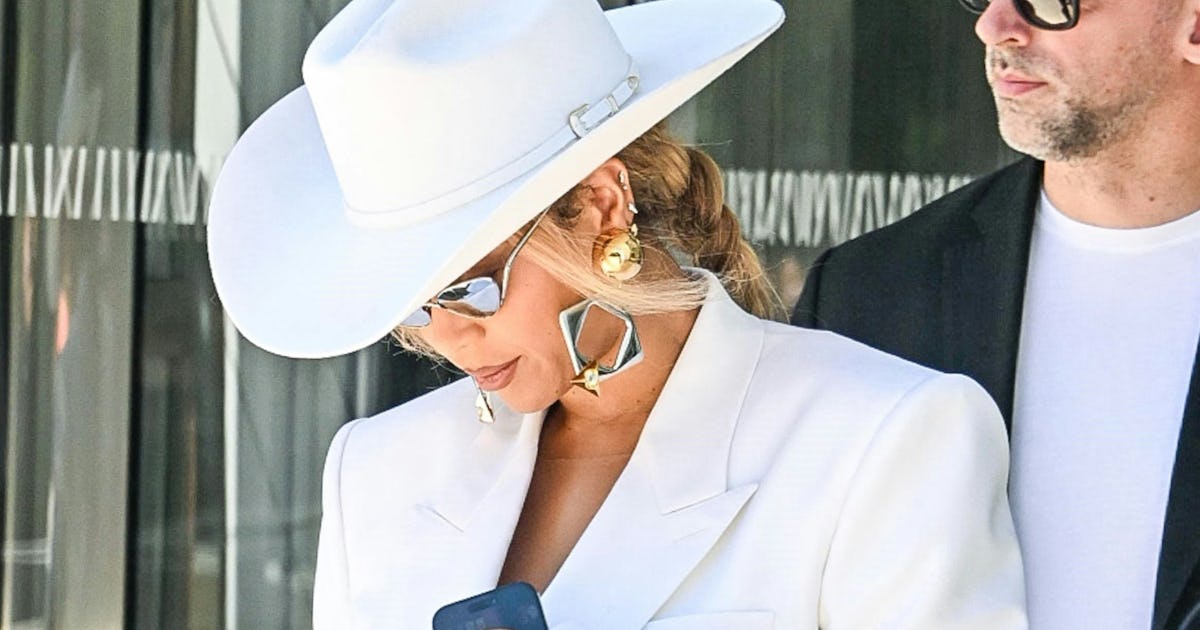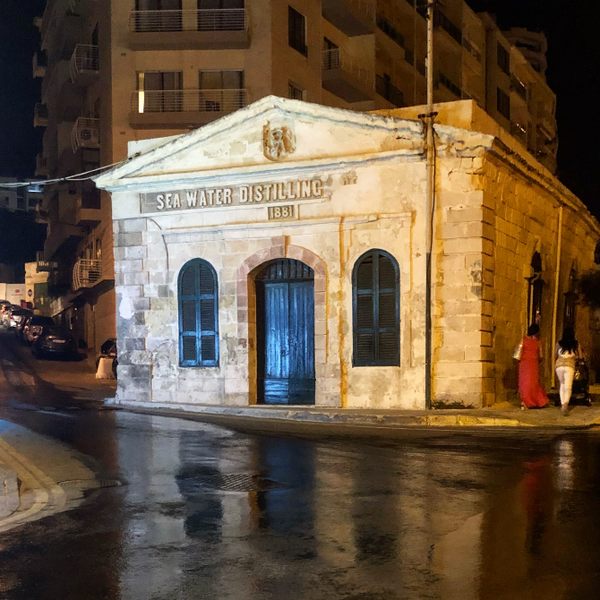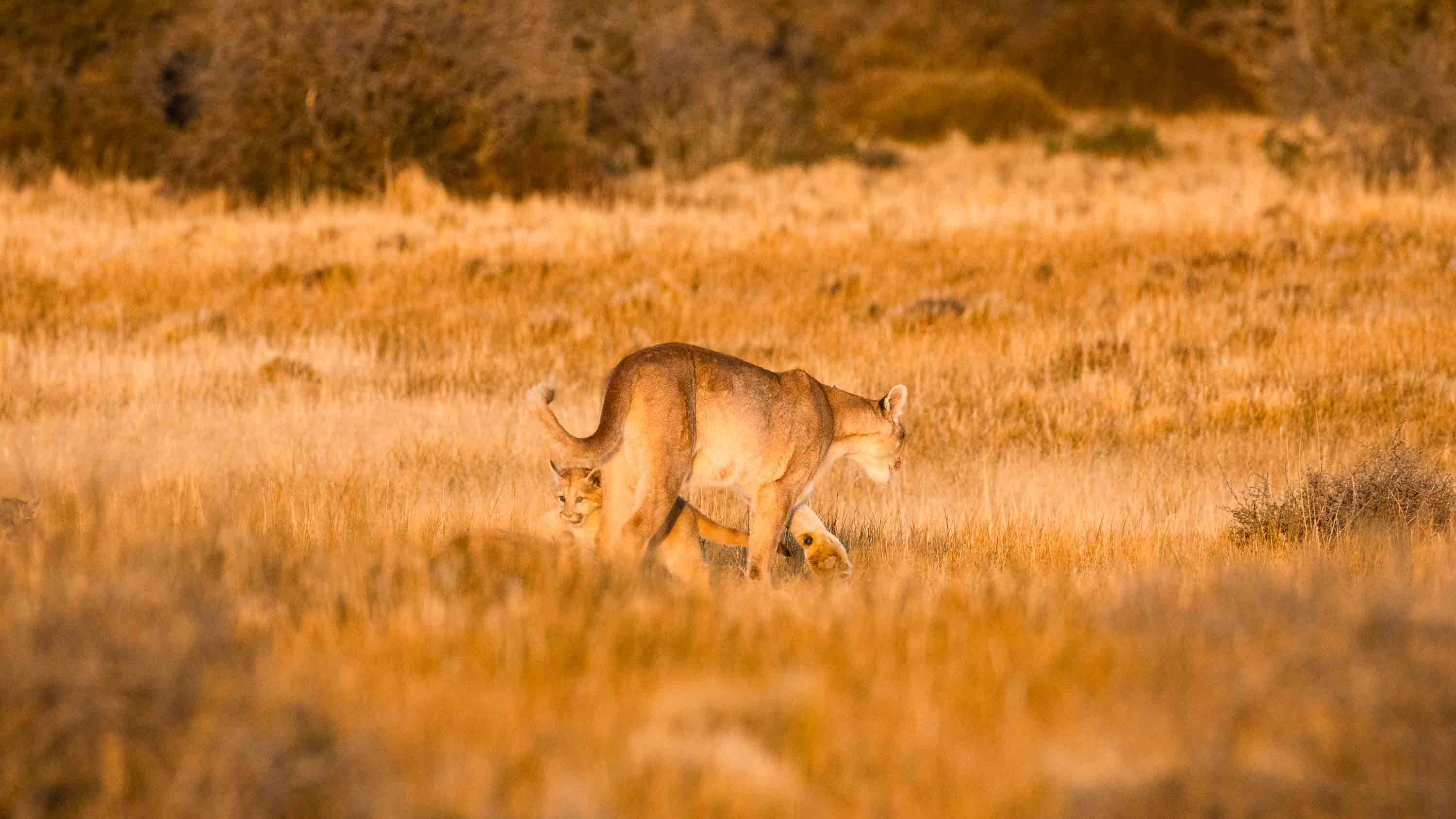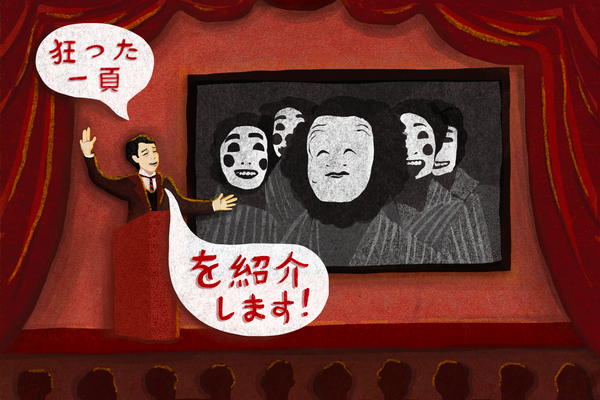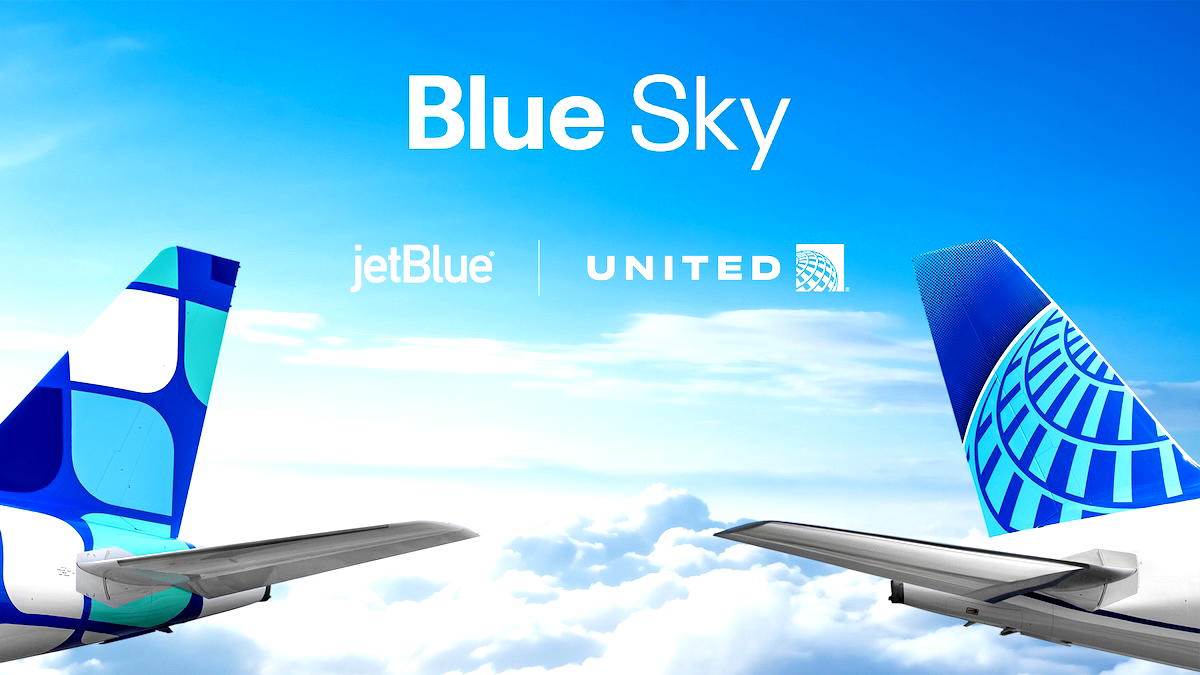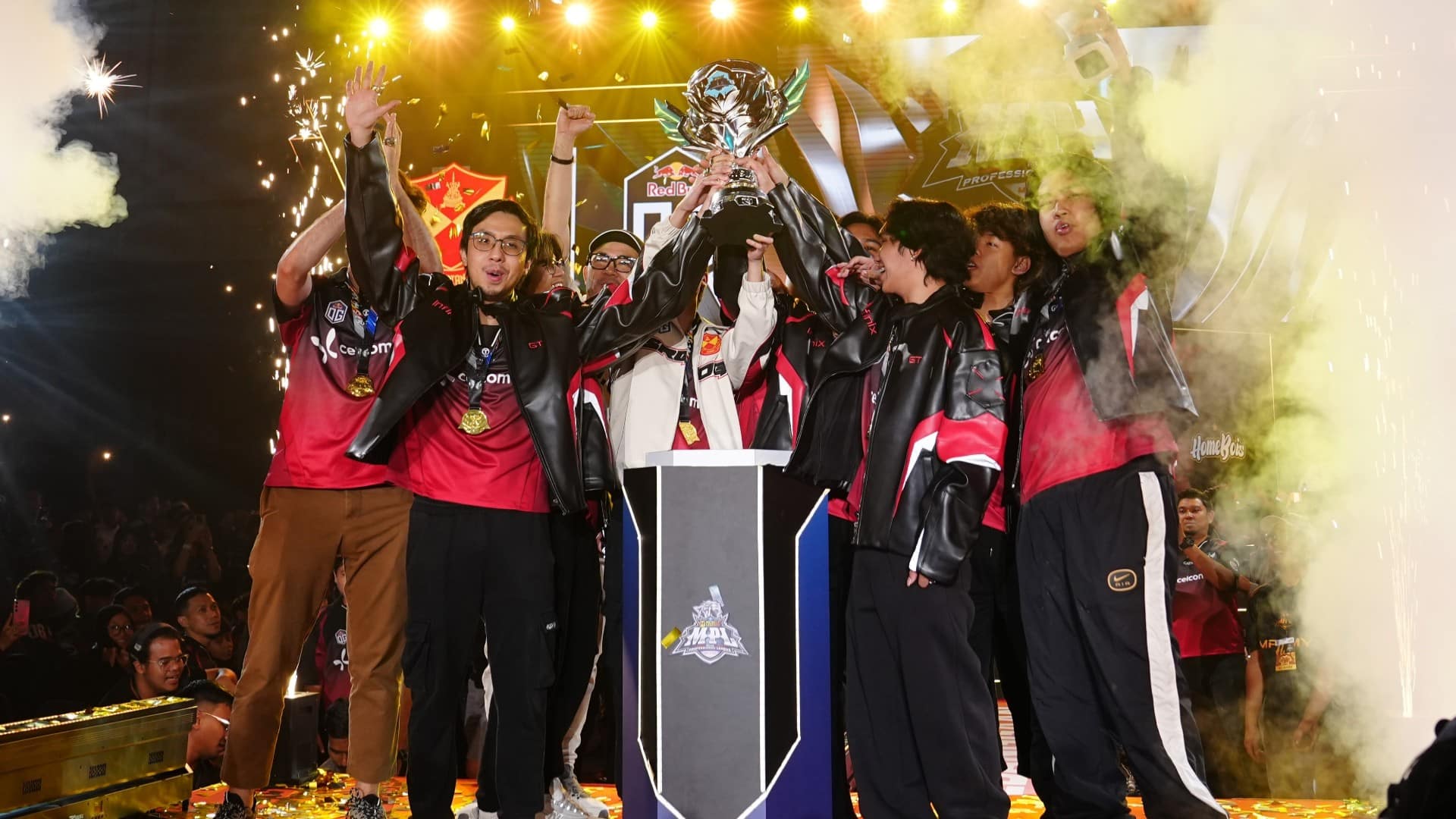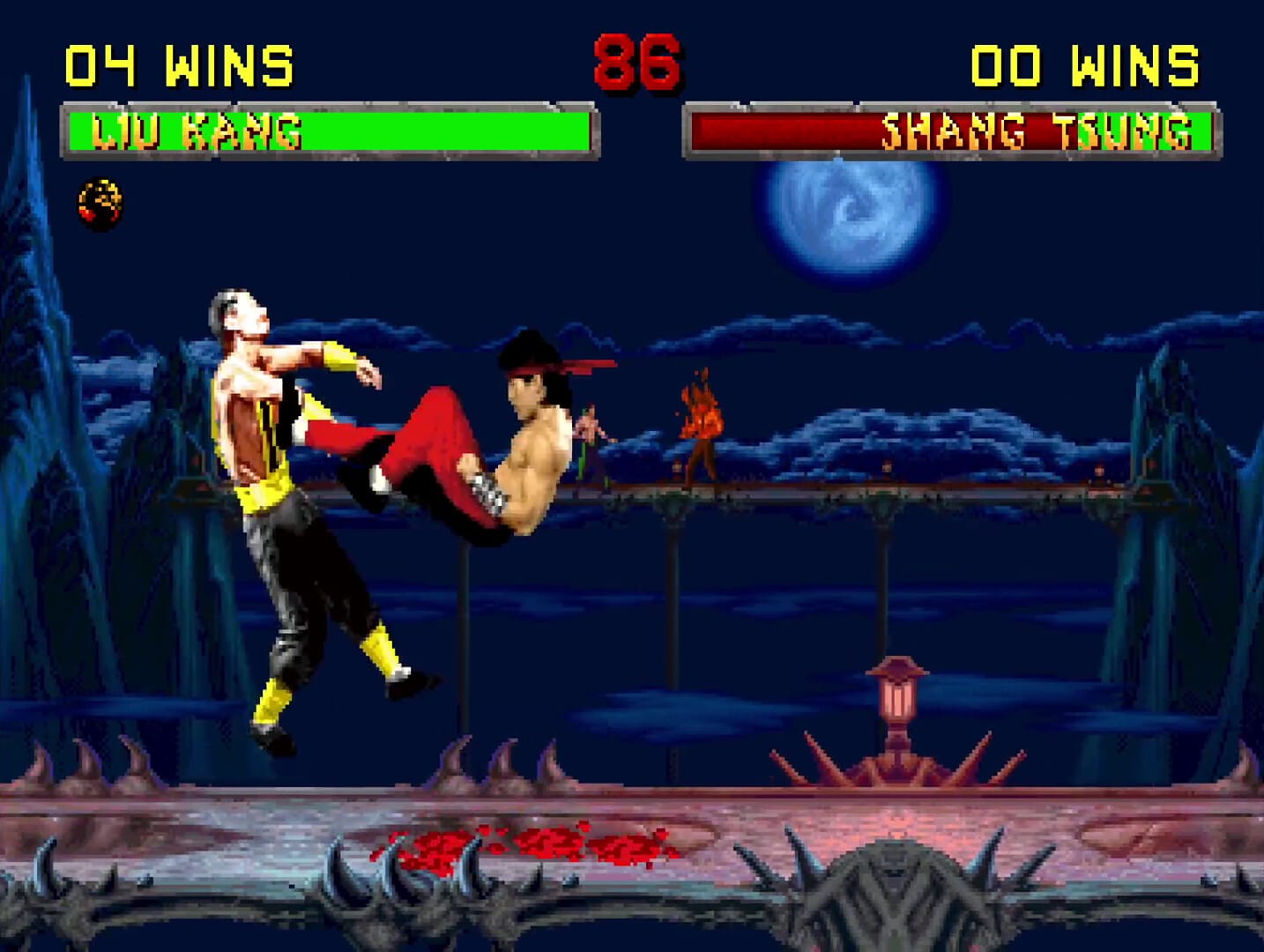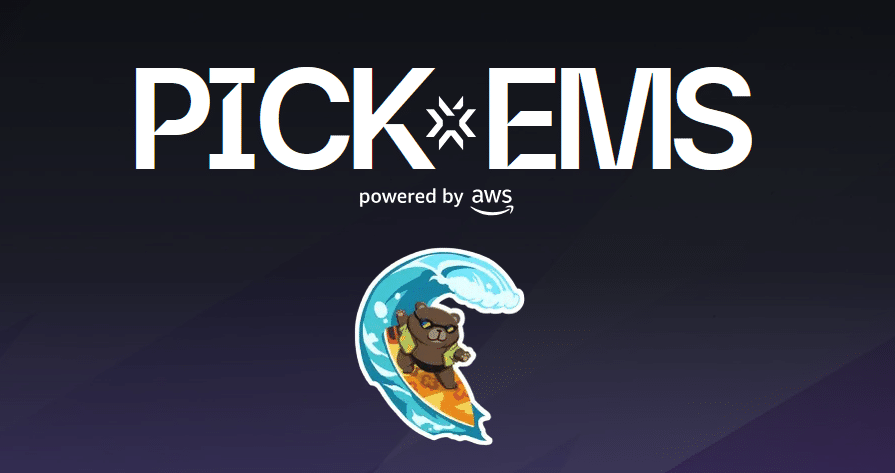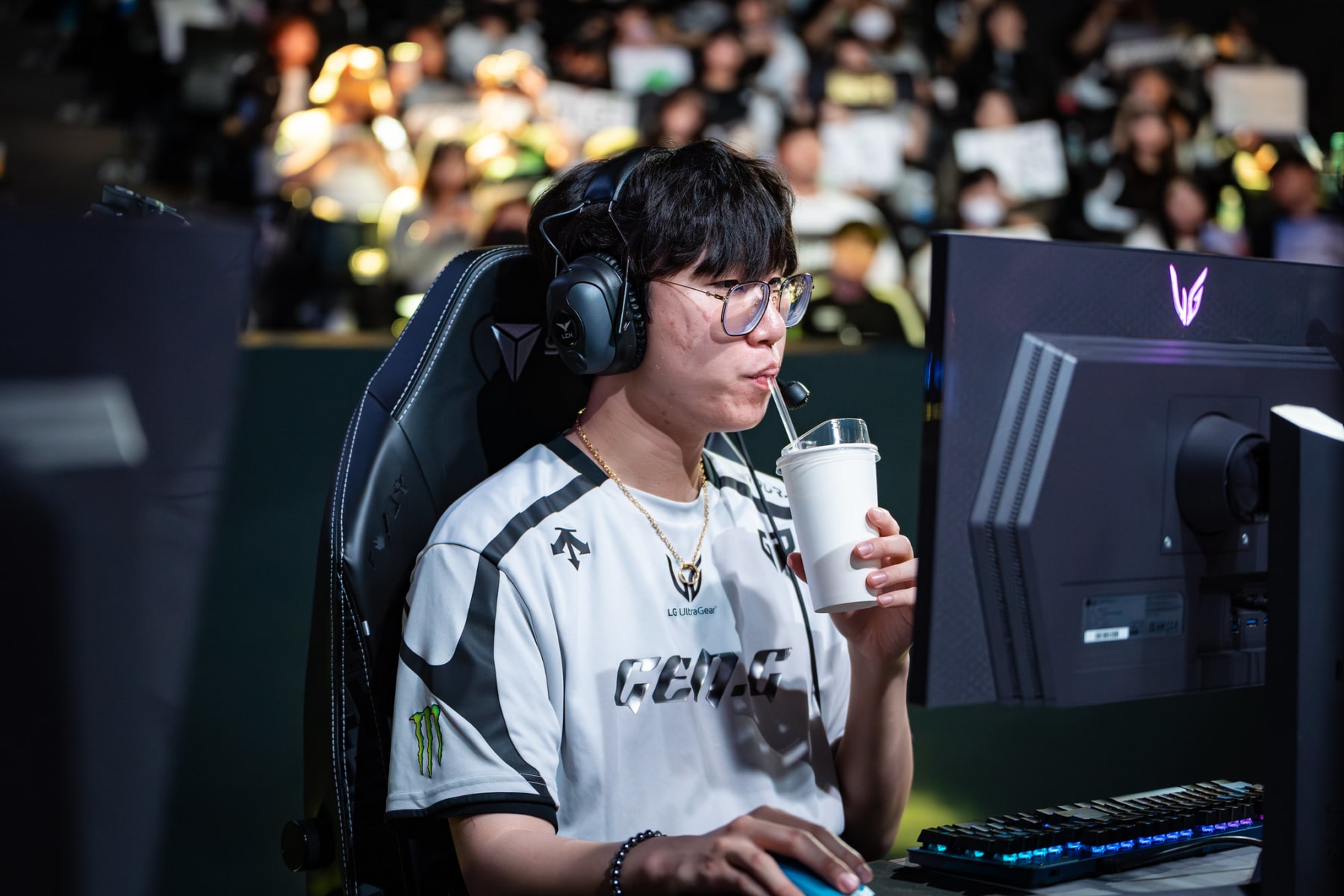Every game Supercell has killed and why
Image credit: Supercell TL;DR In its lifetime, Supercell has killed more than 30 games across all stages of development for not meeting its high standards. The Finnish developer uses a ‘cell-based’ development strategy where small independent teams with creative autonomy come together to make genre-defining titles. The goal for Supercell is to create games that … Continued The post Every game Supercell has killed and why appeared first on Esports Insider.
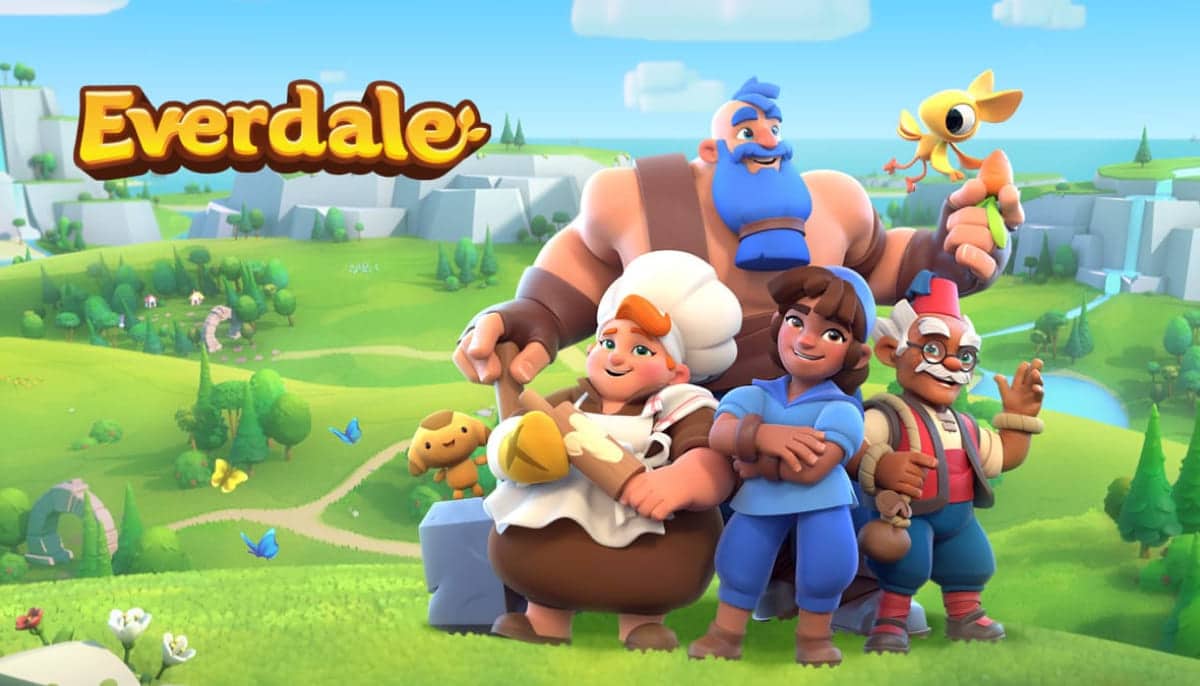
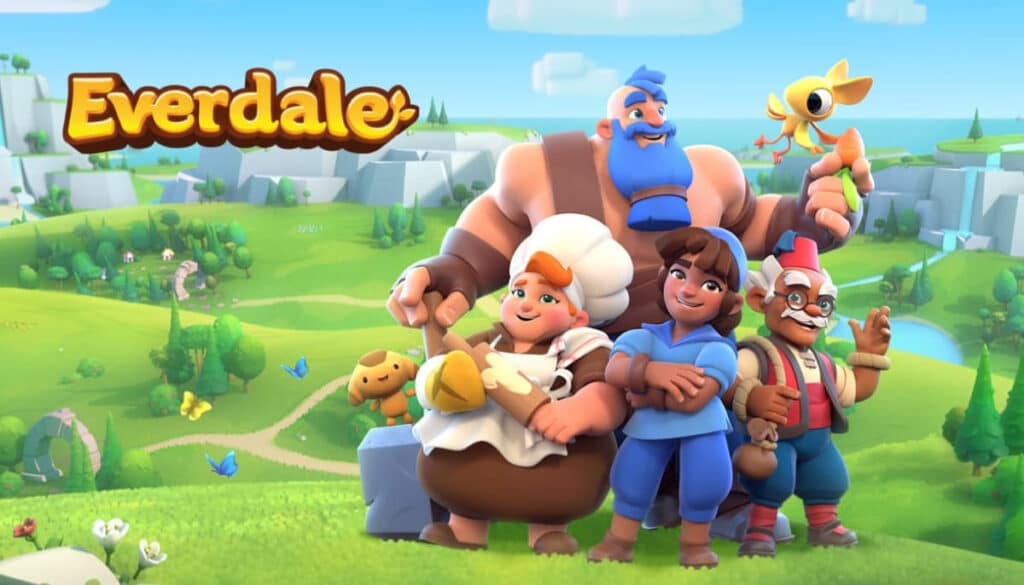
TL;DR
- In its lifetime, Supercell has killed more than 30 games across all stages of development for not meeting its high standards.
- The Finnish developer uses a ‘cell-based’ development strategy where small independent teams with creative autonomy come together to make genre-defining titles.
- The goal for Supercell is to create games that are played by many people for as long as possible. Therefore, if a game, although it might show some early promise, doesn’t meet these standards, it’s cancelled.
- Brawl Stars was nearly cancelled but became a global hit, raising questions about what other games could have become.
- Supercell’s philosophy is: “Kill early, succeed big.” Only a few games make it, but those become industry-defining.
Supercell is one of the most famous mobile game developers, known for its titles like Clash of Clans, Clash Royale, and Brawl Stars. However, the story behind making these huge games includes years of testing and exploring the right product-market fit, and if a game fails to get it, Supercell kills it.
Yes, besides its hit games, Supercell is infamous for killing games. This includes titles that have shown initial success, leaving the community questioning its decisions (we see you, Everdale players). The Finnish developer does this because the games don’t meet its high standard of quality and expectations.
In this article, we will take a look behind the game development philosophy and present the complete Supercell killed games list.
Supercell background
Supercell’s development philosophy is simple, as CEO Ilkka Paananen puts it in his 2023 annual blog: “to create great games that as many people as possible play for years and that are remembered forever.”
To achieve this, Supercell uses ‘cell-based’ development. This means that for a new game, a small team initially begins development and has complete creative autonomy. As the game improves and shows promise, more people are brought on board to bring the game to life. Before entering beta for players to test out, games are released within the company.
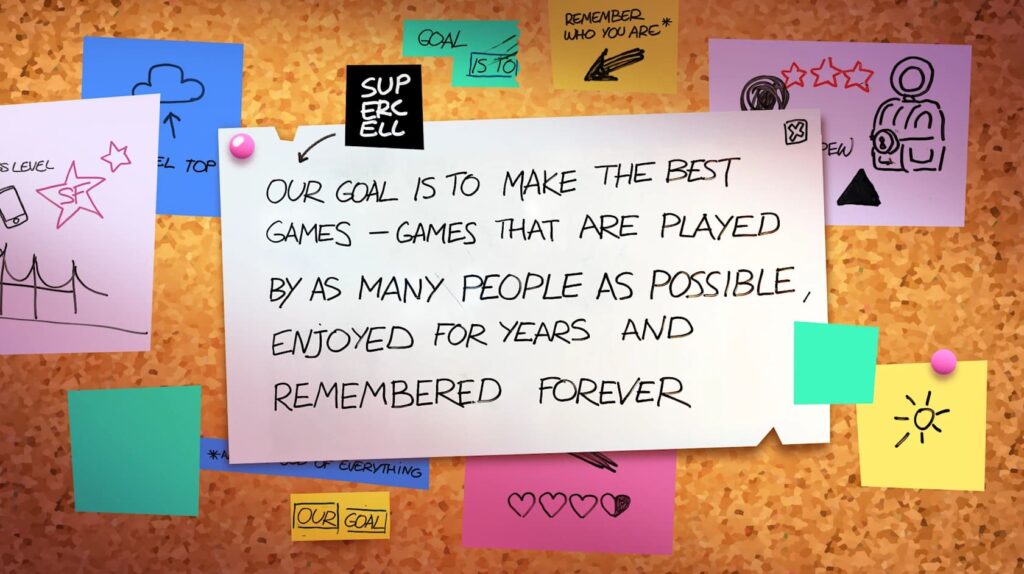
For the development phase, even at its peak, the team remains small. As a result, people have more independence to contribute an idea to the overall game. This may not be the case for its live service games like Clash Royale, Clash of Clans, and Brawl Stars, with teams likely being bigger.
Therefore, with a small team that has creative autonomy, the developers can come up with unique ideas for games that players don’t know they want.
An example of this is Clash Royale, which carved out a new genre while taking inspiration from other card-based games. Clash Royale was created by a server engineer, someone who may not be involved in game development at all, showcasing the culture of independence at the company.
This excellence is something Supercell strives for in each of their games, and if it falls short, a game is killed. In a 2017 video about the Supercell culture, former game artist at the company, Jani Lintunen, said that the decision to kill a game is one that teams come up with together.
List of all the games Supercell has killed
Supercell was founded in 2010, and CEO Ilkka Paananen said in 2023 that the developer has killed 30+ games, by his “latest count.” Many of these were killed before even being announced publicly or entering an alpha stage. Here’s the complete list of cancelled Supercell games that we know of:
Gunshine.net
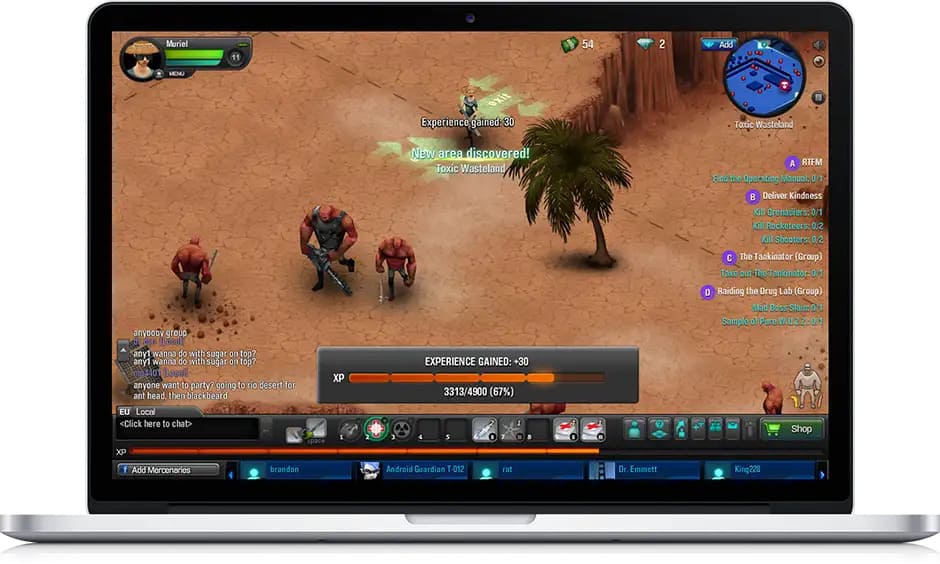
This was the first game by Supercell, released in February 2011 as a web-based title, which could be played on PC and mobile, which is what Supercell used to develop back in the day. At its peak, it had half a million players. However, Supercell killed its first game later in the year because of low player retention.
The lesson from this game was that Supercell would make games for tablets and smartphones instead of PCs.
Magic
The second game by Supercell, Magic, was developed by a five-person team back in 2011 for release on Facebook. The company killed it to work on games for tablets.
This decision set the course for the future of Supercell since the team went on to make Clash of Clans, the universe of which is now getting a Netflix show.
Pets vs. Orcs and Tower
Pets vs. Orcs was the first mobile game that Supercell killed in February 2012. At that time, the company had five small teams working on different games.
Later in the spring of 2012, it stopped working on a game codenamed “Tower.” It hasn’t been revealed what it looked like.
Battle Buddies
Battle Buddies found its way into a beta test as a PvP tactical shooting game, but was killed in 2012 due to a lack of player interest.
Spooky Pop
After the success of Hay Day and Clash of Clans, Spooky Pop soft-launched in December 2014 as a turn-based puzzle game. It ultimately joined the discontinued Supercell games list in March 2015.
Smash Land
In Smash Land, you could pull back characters to attack enemies, similar to Angry Birds, but with a top-down view instead. It was killed in 2015.
Supercell later stated that the killing of the game helped Clash Royale’s growth by the infusion of new team members.
Rush Wars
Rush Wars was able to enter beta as a casual and strategy game, but players felt that it was repetitive. Therefore, Supercell shut it down in November 2019.
Hay Day Pop
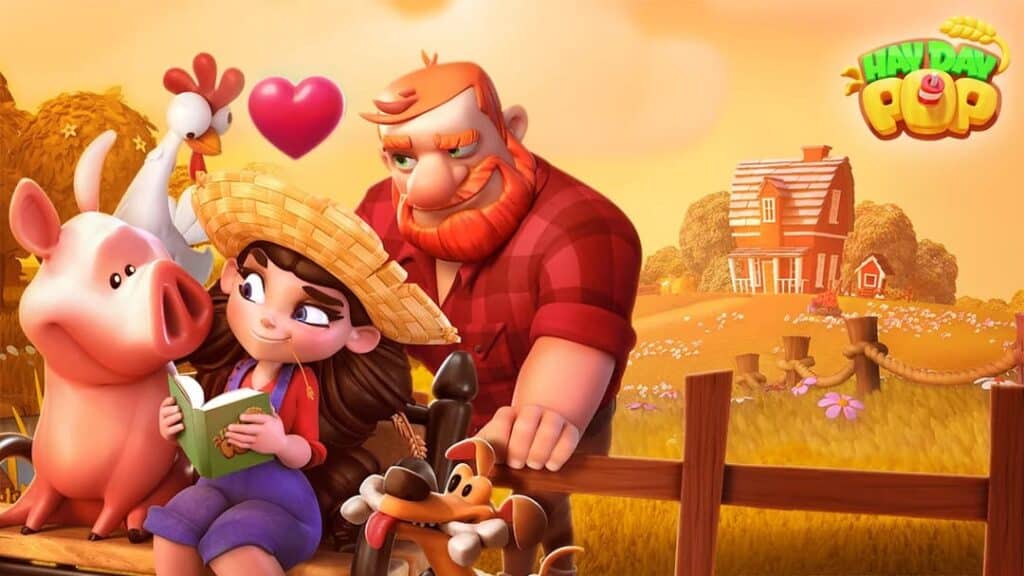
Hay Day Pop, the second game of the franchise, was a farm-themed puzzle game, but Supercell announced in November 2020 that it was axing it for failing to meet its standards. The game was ultimately shut down on Feb. 1, 2021.
Clash Quest
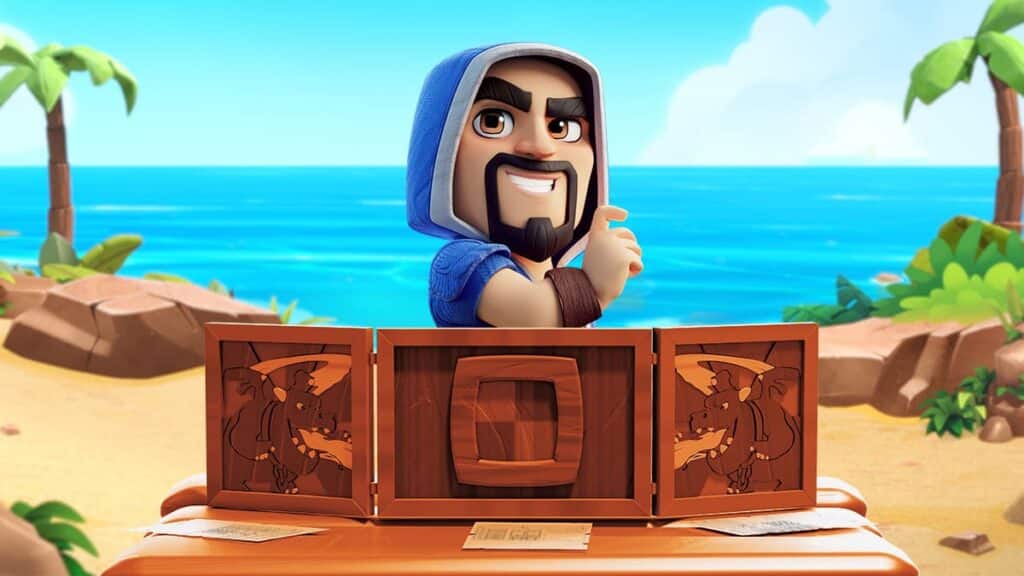
Clash Quest was a further expansion within the Clash universe and was essentially Supercell’s take on the auto-battler genre. It made it into the regional beta stage before being cut in September 2022.
Everdale
Everdale has the infamous distinction of being the game that got killed twice. While the killing of other Supercell games did generate backlash, it was even more significant for Everdale.
It was a village-building game where you managed resources and traded with other games in the universe. Its co-op features allowed you to team up with other villages, too.
Supercell shut down the game in October 2022 for failing to meet its “extremely high standards.”
However, in early 2023, Metacore Games acquired the IP and took over development duties. Sadly, even the new developer ultimately gave up on it in September 2024 because it could not find a market fit to make it a sustainable business.
Clash Mini
Clash Mini can be considered another auto-battler game and had all the characters from the Clash universe, but in a mini version.
While the game was killed in April 2024, Supercell has said that it will be bringing it as a mode within Clash Royale. The timeline for this was said to be June 2025, but there have been no updates so far.
Boom Beach: Frontlines
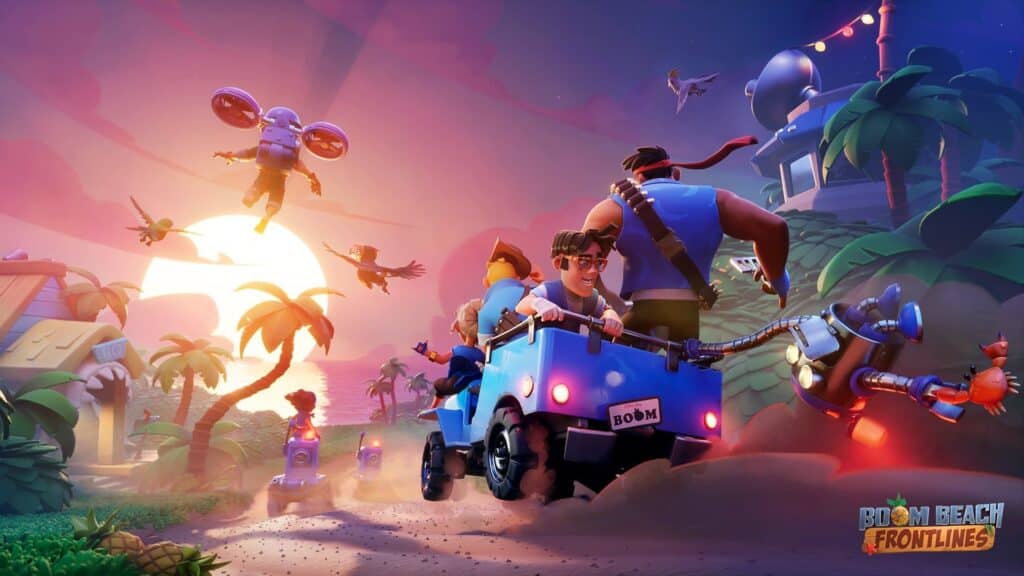
Set in Supercell’s Boom Beach world, this game was being developed by London-based developer Space Ape Games. In a statement that has become the standard announcement from Supercell, the dev announced that it was stopping development because it failed to meet their standards.
Space Ape Games was later acquired by Supercell, becoming the London studio for the company. Therefore, it became Supercell’s fifth studio after Helsinki, Shanghai, San Francisco, and Seoul.
Floodrush
Floodrush was another genre-redefining title where eight players competed on a sinking island while collecting resources to increase their troops. Last one standing wins.
Floodrush was able to enter open beta in 2023 to collect feedback. Based on this, however, Supercell felt that to satisfy its player base, the game needed to be transformed into something very distant from its vision. Therefore, it was killed in August 2023.
Conclusion
Supercell might be known for making the best games, but it’s also infamous for killing them. It has a unique developmental philosophy of creating games that are played by many for years to come; therefore, killing it early if a game doesn’t meet this standard.
The long list of 30+ killed games can’t be considered a failure, but a reminder of how much effort it took to make the few successful titles by the Finnish developer.
The success of Brawl Stars, though, once nearly cancelled, shows that even Supercell can second-guess. It leaves the question of any other scrapped games that could have been successful with more effort.
In the end, Supercell’s high standard has enabled it to create games that have evolved to become cultural icons, with Clash getting its Netflix series and even a board game.
FAQs
Supercell has removed many games in its beta or alpha stages, including Rush Wars, Everdale, Clash Quest, Floodrush, and more.
Supercell has cancelled or discontinued more than 30 games, according to CEO Ilkka Paananen.
Supercell holds games to a very high standard. It aims to create titles that are played by the highest number of people for the longest period possible. If a game doesn’t meet these requirements, it’s killed.
The post Every game Supercell has killed and why appeared first on Esports Insider.






